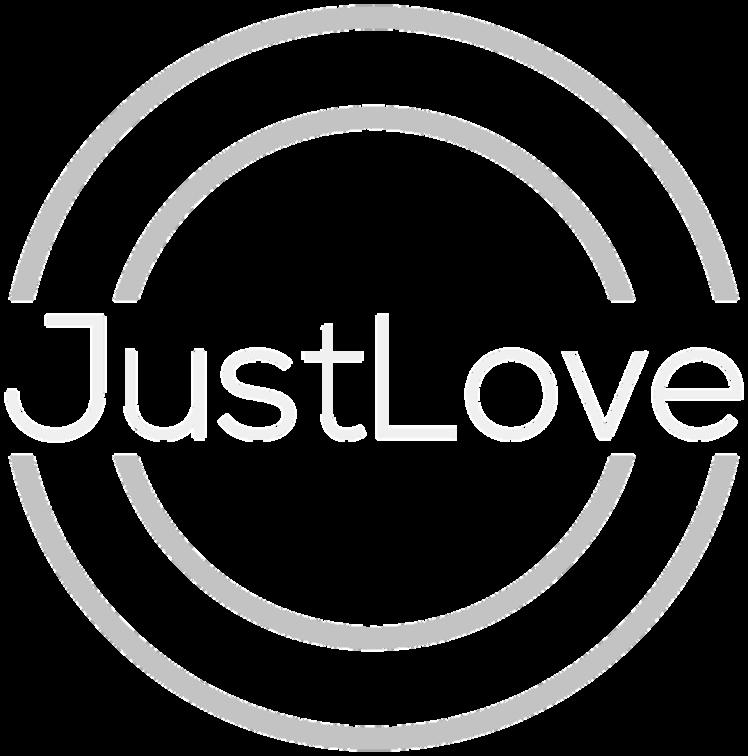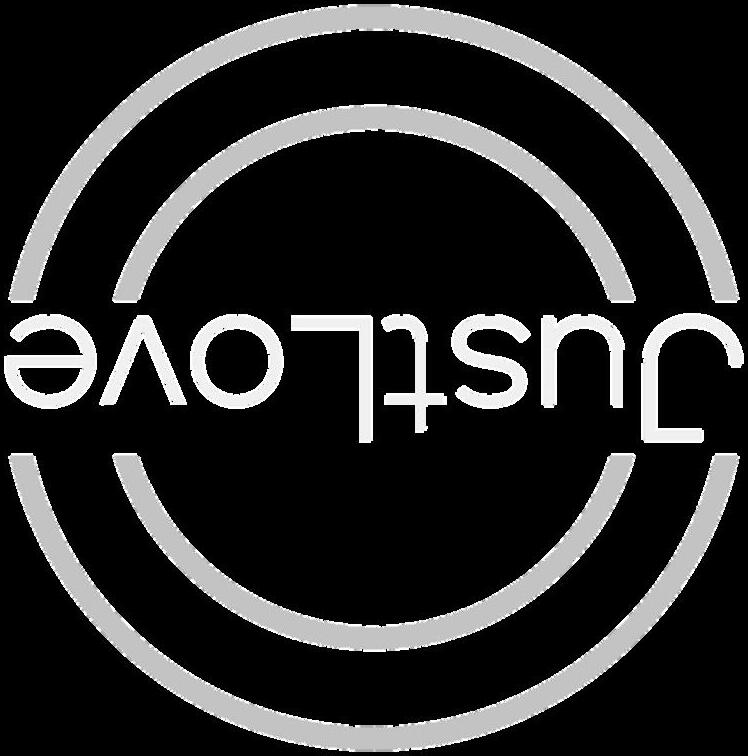A COLLABORATION OF ADVENTIST ACTIVISTS

MAY 2024
ISSUE 2

A COLLABORATION OF ADVENTIST ACTIVISTS

MAY 2024
ISSUE 2
LAUNCHING AN INCLUSIVE MOVEMENT
STATEMENT ON MORE JUSTICE FOCUS
LAUGHING WITHOUT AN ACCENT
ABCS OF COMMUNITY ORGANIZING
MLK’S PROPHETIC REALITY
SAFE SPACES IN CLASSROOMS


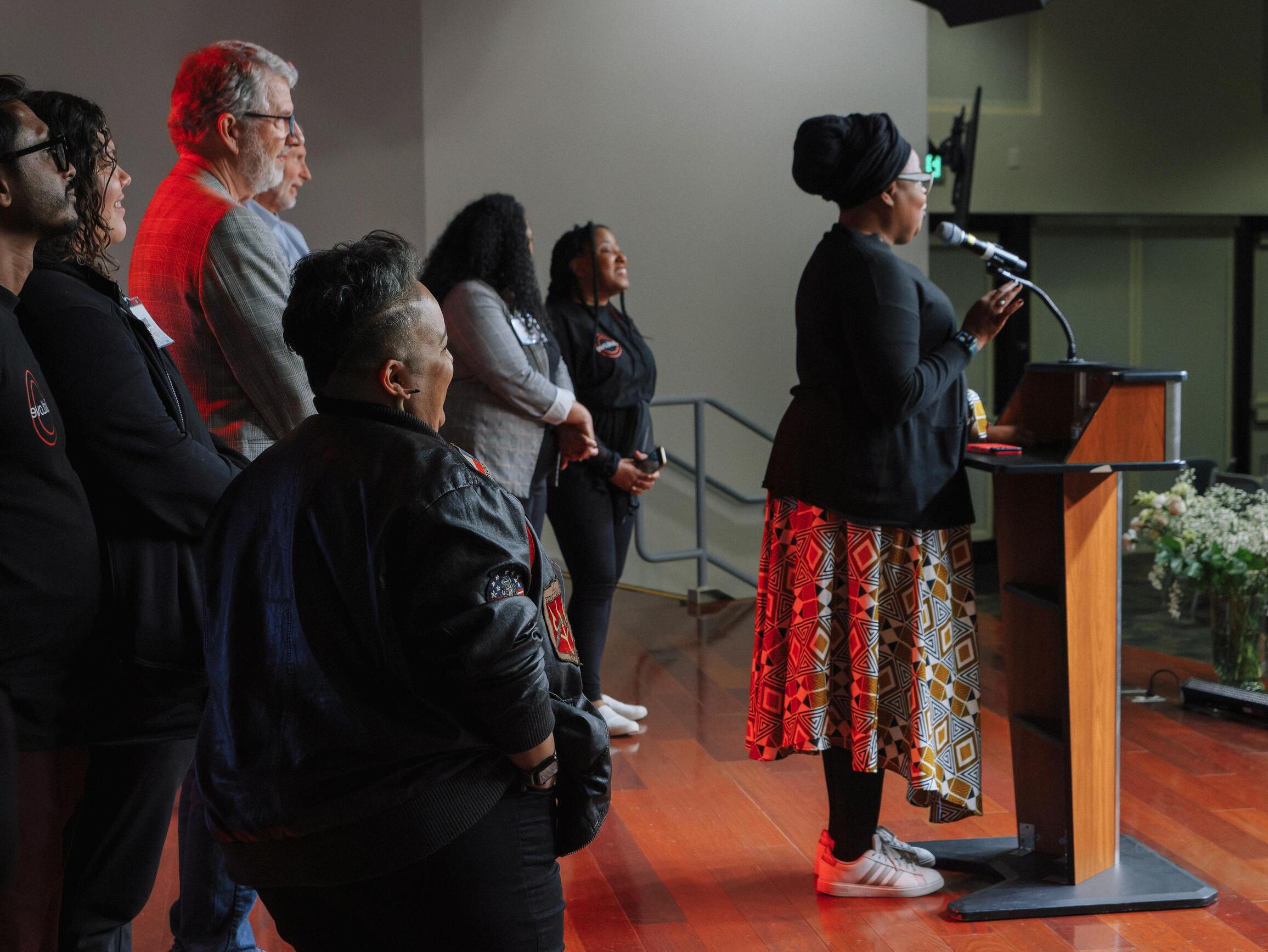




Yearning for the food the stars desire.
The San people who live in the back of beyond in the Kalahari Desert have two profound dances that are central to their culture The first is The Dance of the Little Hunger. It occurs when a hunter has killed an antelope, such as a kudu, for his clan to eat He prances around the dead animal in a loose circle, sounding rapid staccato clicks of thanks to it for forfeiting its life This beautiful expression of gratitude connects him and his people to the physical world that provides their nutritional needs It declares, “This earth provides; this earth matters ”
Theseconddanceis aboutcravingtobe lovedbytheuniverse.
The second is The Dance of the Big Hunger. It does not concern the material nourishment the tribe consumes. Rather, it is about yearning for the food the stars desire, about craving to be loved by the universe, about longing for a touch on the cheek by a divine hand It is about enlarging their capacity to love

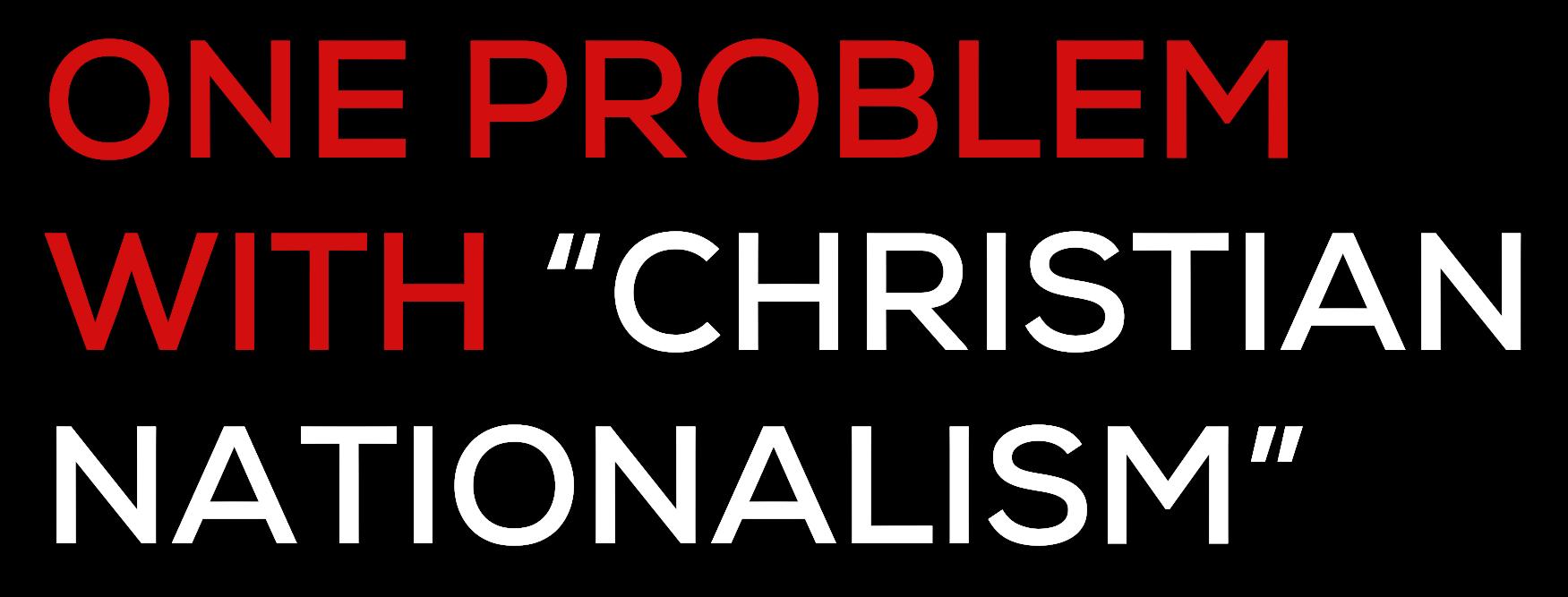
You never hear them say, “Jesus said this.”
Christ the central focus of Christianity is not a king, and not a fighter, but an advocate for the downtrodden His ministry has no apparent interest in nationalism indeed, welcoming strangers is one of its hallmarks. He is insistently nonviolent, and almost every gesture He makes is one of compassion (His crime policy states that if someone takes your shirt, you should also give him your cloak.) His chief commandment is to love your neighbor The four gospels are radical, rich, and deep, but they’re not complicated If you read them and come away saying, “I’d like an AR-15 semi-automatic rifle,” you’ve read them wrong. . . .
Ifyoureadthegospelsandsay,“I’d likeanAR-15semi-automaticrifle,” you’vereadthemwrong.
Not long ago, William Barber told an interviewer, “When you have some people calling themselves Christian nationalists, you never hear them say, ‘Jesus said this ’ They say, ‘I’m a Christian, and I say it ’ But that’s not good enough. If it doesn’t line up with the founder, then it’s flawed ”

In 2017 tax cuts voted by the United States Congress benefited those who are wealthy much more than those who are poor. By what percentage has billionaire wealth increased in the last six years?
A 98 percent B 153 percent
C 225 percent D 310 percent
Healthcare for women varies widely among countries in the world Among women of reproductive age (18-49), those who live in which country report the highest level of satisfaction with their healthcare?
A Australia B Netherlands
C Switzerland D United States
The satisfaction rate of women in the United States is less than half that of most industrialized countries in Europe and the South Pacific. For all the talk about “choosing life” in the public discourse, women in the U S are least likely to have access to paid family or medical leave; or able to afford childcare and healthcare, especially in rural areas The answer is C, Switzerland

The top 25 billionaires in the United States are worth $2 3 trillion, a number that exceeds the wealth of all billionaires in the U S a decade ago The Billionaire Minimum Income Tax Act would require households with an income of more than $100 million to pay a minimum tax rate of 25 percent on their full income. Passage of the Billionaire Minimum Tax Act would increase revenue to improve education and health for those with the lowest incomes It would not raise taxes on 99 9 percent of the population The answer is B
Per-and polyfluoroalkyl substances (PFAS), also known as ‘forever chemicals,’ have been used in the United States since the 1940s to repel oil and water and resist heat. They have been used to make nonstick cookware, stain-resistant fabrics, and firefighting foam. Streams and rivers, contaminated by production facilities have led to water finding its way into the wells and water systems of many communities downstream Exposure to these chemicals has been linked to cancer, complications during pregnancy, and liver and heart damage. The Biden-Harris Administration has dedicated $1 billion to reduce PFAS exposure. Which city has the highest level of contamination from PFAS?
A Takoma Park, MD B Flint, MI C. Jackson, MS D. Wilmington, NC
The Chemours Chemical Company discharged contaminated water into the Cape Fear River for decades PFAS are called “forever chemicals” because they don’t break down easily and can accumulate in the environment and the human body The answer is D, Wilmington, North Carolina.

Over the past 70 years, annual production of plastics has increased nearly 230-fold, reaching 460 million tons in 2018 It takes an average of 10 years for plastic products to break down. If trends in oil consumption and plastic production continue at the current rate, plastics will make up 20 percent of fossil fuel consumption by 2050. Sojourners, May 2024 (accessed Apr 17, 2024) The country responsible for the most plastic waste worldwide is:
A Brazil B China
C. India D. United States
While China produces the most plastic products in the world, the country has taken steps to reduce plastic waste pollution, including a ban on single-use plastic Per capita plastic consumption in China is well behind that of the United States The answer is D, United States.
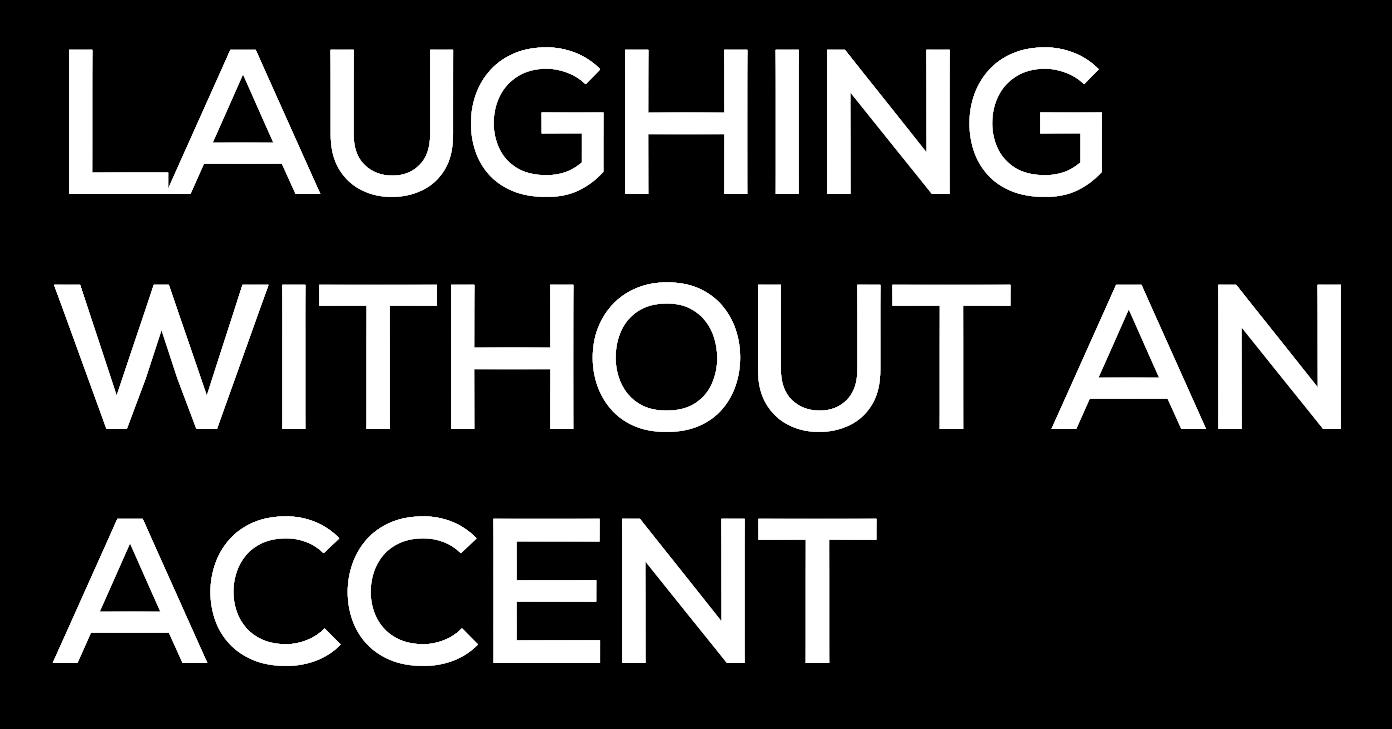


Humor, like poetry, is culture-specific and does not always work in translation What’s downright hilarious in one culture may draw blank stares in another
When we came to America, my family could not figure out why a pie thrown in someone’s face was funny. The laugh tracks told us it was supposed to be hilarious, but we thought it was obnoxious We also saw it as a terrible waste of food, a real no-no for anyone from any country in the world except for the United States.
I knew that my memoir Funny in Farsi would be a difficult book to translate
because so much of its humor has to do with the American culture of the seventies How does one translate “Shake ‘n Bake” for cultures where slow cooking, not speed and ease, is the preferred method of food preparation, where a woman standing in her kitchen shaking a drumstick in a plastic bag and looking downright happy would cause concern?
I had to explain that, in America, “boom” is love.
How does one convey to someone who has never seen The Price Is Right that the
words “Come on down!” are always followed by a hysterical person shrieking and jumping up and down?
We got started Mohammed translated story by story and emailed each one to me My father and I read each one and I emailed back our comments, most of which had to do with nuance My father particularly objected when Mohammed translated “my father’s receding hairline” to “my father’s bald head ” I immediately sent Mohammed an e-mail quoting my father exactly: “I am not Yul Brynner!” A profusely apologetic e-mail followed.
Some of Mohammed’s mistakes revealed what life is like in the Middle East. In one story, I
In my next life, I want to be Swedish.
mentioned “eyes meeting acrossthe room and va va va boom.” This was translated as “eyes meeting across the room and bombs going off ” I had to Mohammed that, in America, “boom” is love
In a story about Christmas, I wrote about “the bearded fellow” coming down people’s chimneys Mohammed translated this literally In Iran, however, a “bearded fellow” coming down the chimney is not a happy thought The idea of going to bed so a bearded man, Khomeini perhaps, can come down the chimney would not cause visions of sugarplums dancing in anyone’s head. Instead, one would find frantic people packing their belongings, fast.
Then it was time for censors No movie or book can be made in Iran without approval from the government Although there are no written guidelines stating exactly what is prohibited, common sense dictates that in an Islamic theocracy, nudity, profanity, insulting the religion or government, and perhaps anything having to do with Paris Hilton are all no-nos Aside from those guidelines, one is at the mercy of the individual government employee assigned to each book.
Mohammed told me that the translation for James Joyce’s Ulysses had been at the censor’s office for seventeen years. My stories were returned after six months The censor objected when I said that in my next life, I wanted to be Swedish In Islam, the censor said, there is no next life. There is only one life
I hope that in my next life, I do not have to deal with censors
probably because the censor did not believe in shared humanity, at least not with Jews My father also added that my next book should be entitled, Accomplishments of Jews I Have Known, interspersed with recipes using ham.
When my book was published, it became an instant bestseller. In Iran, if a book sells 2,000 copies, it has done well In the first year of publication, 30,000 copies were sold. After the second year, sales had reached 60,000
One is at the mercy of the government censor.
And, sadly, I was forced to remove an entire chapter, “The Ham Amendment.” In that chapter, which I considered the soul of my book, I explained my father’s philosophy that it does not matter what we eat or whether we are Muslim, Christian, or Jewish; it’s how we treat our fellow man that counts. The censor did not agree
When I told my father about the removal of that chapter, he was very upset He said it was
I asked the editor why he thought my book had become so popular with the young people in Iran. He said, “Your stories are funny, but the way you write about nationalities you don’t make one bad and one good. We don’t hate Americans,” he said He told me that he wanted Americans to know this.
“I’ll tell them that,” I said.
Condensed from Laughing Without an Accent: Adventures of an Iranian American, at Home and Abroad by Firoozah Dumas (2008)
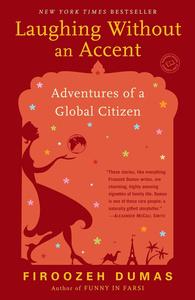
Action is what separates a belief from an opinion.

I still feel like an outsider, but now I know that everyone else does, too, so that makes us all insiders.
Firoozeh Dumas
BEYOND LABELS
I don’t care if you are liberal or conservative I care about whether you stand for the least of these
Rev Dr William Barber II
KEEPING FAITH
The act of striving is in itself the only way to keep faith with life.
Madeleine Albright
ESPECIALLY
Speak up for those who cannot speak for themselves.
From Proverbs 31:8
Whether I was among wealthy expatriates in the Bahamas, the poor lepers of Kolkata, or the puzzled Christians in Iraq, I found that the solemn recognition that our world is fragile is universal And yet attentive ears can hear the ancient whisper reminding us that another world is possible.
Shane Claiborne
Never place a period where God has placed a comma.
Gracie Allen
LIGHT IN DARKNESS
It’s the cracked ones that let the light through.
Paul Moore
After we have taken our oath of allegiance in baptism, whereby we pledged to participate in the great controversy between Christ and Satan, we either went AWOL, or we remained in the barracks, becoming more and more refined in the use of God’s armor but never leaving our Christian camp to fight for the restoration of God’s kingdom
Under these circumstances, no wonder battles soon break out in the barracks
Gottfried Oosterwal
I would not have you descend into your own dream I would have you be a conscious citizen of this terrible and beautiful world
Ta-Nehisi Coates
DARING GREATLY
It is not the critic who counts; not the man who points out how the strong [person] stumbles, or where the doer of deeds could have done better. The credit belongs to the [person] who is actually in the arena, whose face is marred by dust and sweat and blood; who strives valiantly; who errs, who comes up short again and again, because there is no effort without error and shortcoming; but who does actually strive to do the deeds; who knows great enthusiasms, the great devotions; who spends [herself] in a worthy cause; who at the best knows in the end the triumph of high achievement, and who at the worst, if he fails, at least fails while daring greatly Theodore Roosevelt

The p a clear conscience French proverb PE g will be required. Jesus, in Luke 12:48
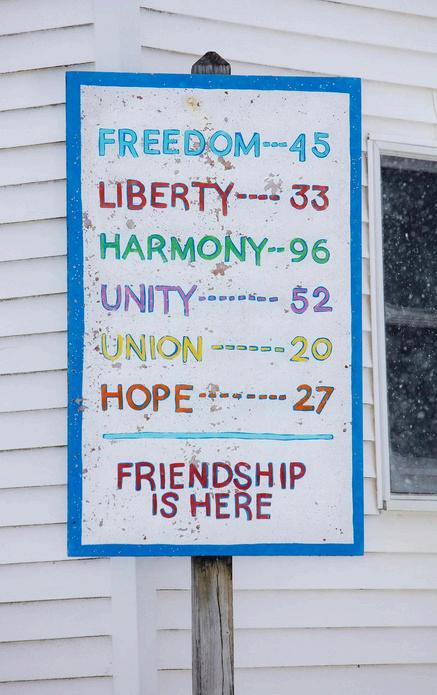
ULTIMATE SABBATH
Jubilee is ultimate Sabbath complete liberation from the spiritual decay that has marked human existence. In the Bible, Sabbath is the means of preempting systemic oppression and the inroads of imperial idolatry by which socioeconomic systems advance the interest of the powerful in the name of God Will the church continue to pursue its own ideological power-interest by joining hands with empire?
Olive J Hemmings, in A House on Fire: How Adventist Faith Responds to Race and Racism (2022), p 23
If you know these things, you are blessed if you do them Jesus, in John 13:17 DISTINCTION
What is honored in a country will be cultivated there Plato
DISCONNECT THE DOTS
Ten thousand difficulties do not make one doubt.
John Henry Newman

Pulse is the monthly digital magazine of JustLove Collective
This month’s editor is Chris Blake Design is by Jeffers Media
Unless indicated otherwise, all Bible texts are from the New Revised Standard Version.
U L S E C O R R E S P O N D E N T S
REBECCA BARCELÓ
Editor for news and special events for Adventist Today, works at The Conflict Center in Denver, Colorado.
CHRIS BLAKE
Former editor of Insight, professor emeritus, author of many books and hundreds of articles.
NATHAN BROWN
Former editor of Record and Signs of the Times (Australian edition), now book editor at Signs Publishing Company, just outside Melbourne. Has written or been editing author of 20 books.
ALEXANDER CARPENTER
Executive director and executive editor of SPECTRUM, the quarterly print journal and online presence of the Adventist Forum, founded in 1969.
STEPHEN CHAVEZ
Retired after 26 years as an editor for Adventist Review, served a two-year term as president of Associated Church Press, North America’s oldest religious press association is now Director of Church Relations at SDA Kinship International
MARCI COREA
Enjoys building a network of justice and peace-minded individuals through her work with Adventist Peace Fellowship while sipping an horchata latte
DAVE GEMMELL
After a lifetime of service as a pastor in the Adventist Church, is getting into good trouble with his grandsons, his kitesurf board, and the kingdom of God.
SAM GUNGALOO
Pastor of Eastside SDA Fellowship, is originally from England and runs the JustLove Collective website
EMILY KUCHURIVSKI
JustLove Collective social media manager. Is a resident of Toronto, Canada, and is volunteering with the Missionaries of Charity in South Africa.
MARCIA NORDMEYER
Librarian at Union Adventist University, peace activist, and mother of two children who read banned books.
COURTNEY RAY, MDIV, PHD
Ordained minister of the Seventh-day Adventist Church, is a clinical neuropsychologist and president of the Society for Black Neuropsychology
EZEKIEL CANAAN TEO
Film and music student at La Sierra University, also serves as student chaplain and as official photographer of the JustLove Summit
ALANNAH TJHATRA
Alannah (she/her) graduated from Andrews University and currently attends medical school in Southern California.
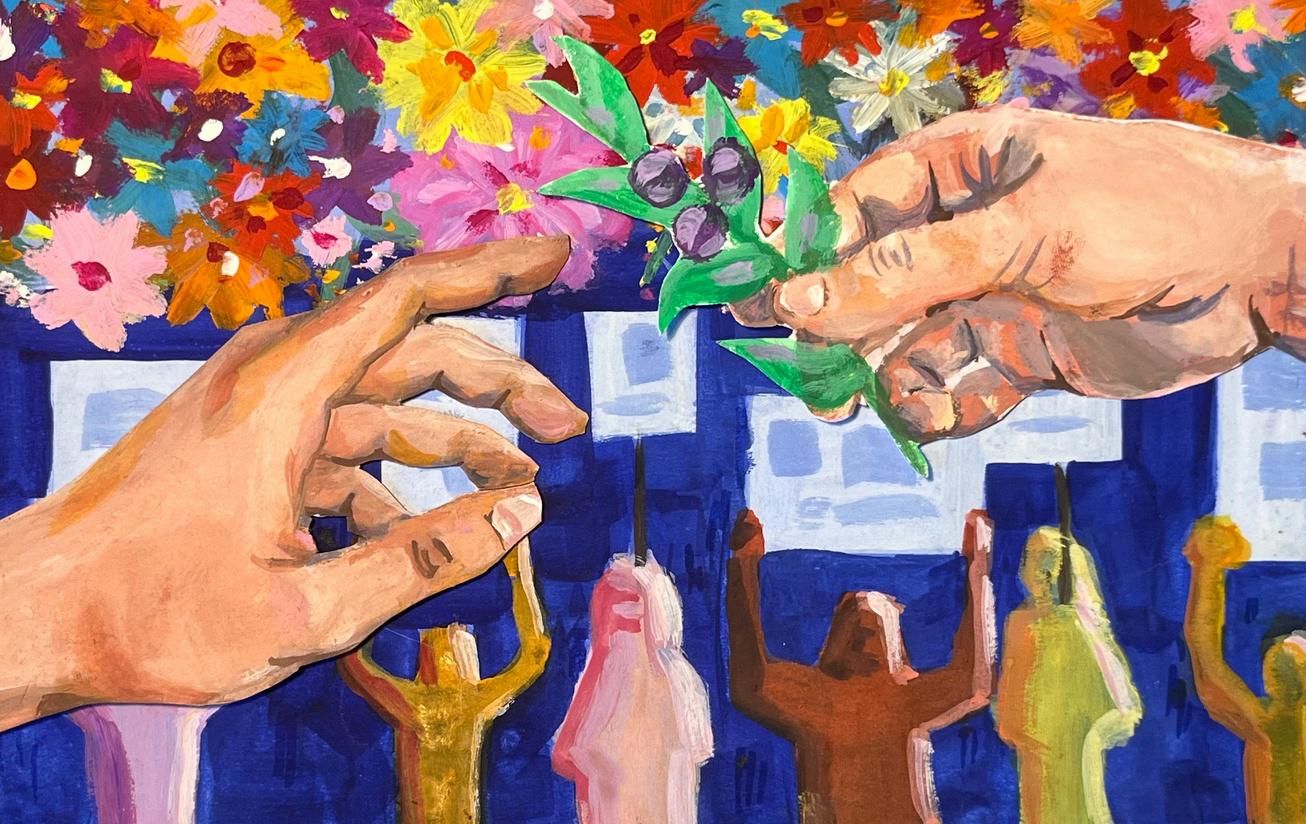
Artist comment: This artwork represents hope within a storm of injustice Movements such as Black Lives Matter and the American Indian Movement inspire this piece. I wanted to create a work representing Christianity in ties with protesting and how God can bring hope in the darkness. God loves every one of us. God created us to be diverse from all cultures and backgrounds. We should love each other just as God loves.


We tend to read history with a sense of inevitability.
A new biography of a much-storied historical figure is often precipitated by fresh research or previously unavailable source material King by Jonathan Eig has it all, drawing insights from King’s family background, previously unreleased government files, and new recordings and recollections from key figures in the story.
But this is not Eig’s primary motivation for taking on the story. With the ubiquity of King’s wonderful quotes on social media, a national holiday in honor of his birthday, and that oversized statue at the D.C. MLK Memorial, we can be tempted to forget his radical and controversial nature. This biography urges us to appreciate anew and be again confronted by the reality of what he was about
“We’ve mistaken King’s nonviolence for passivity,” Eig writes in his introduction “ We’ve failed to recall that King was one of the most brutally divisive figures in American history attacked not only by segregationists in the South but also by his own government, by more militant Black activists, and by white northern liberals. He was deliberately mischaracterized in his lifetime, and he remains so today” (pages 5–6).
As well as giving more attention to Dr. King’s personal failings than has been done by previous biographers, Eig paints a very human picture of a man who experienced the hopes and triumphs, fears and frustrations of the turbulent civil rights movement of the 1950s and 60s. We tend to read history with a sense of inevitability, which ignores the real uncertainties of the moment and both the daring and the doubts that were part of
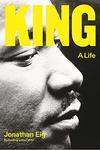
almost every action King’s remarkably poignant moments portray his next right actions as allthe-more heroic for their uncertainty and risk.
Eig’s retelling also emphasizes the unfinished nature of Dr King’s work, both with a life brutally cut short and a dream yet to be realized Today, he is diminished even by those who continue to (selectively) quote him: “In those schools named for King, and in almost every school in America, King’s life and lessons are often smoothed and polished beyond recognition Young people hear his dream of brotherhood and his wish for children to be judged by the content of their character, but not his call for fundamental change in the nation’s character, not his cry for an end to the triple evils of materialism, militarism, and racism” (page 556).
As such, King presents a prophetic voice we need to hear again today and sounds the call to continue the faith-inspired work of justice he championed so eloquently Neither his nor our uncertainties, fears, and failings should dim the light of justice or our call to work for it
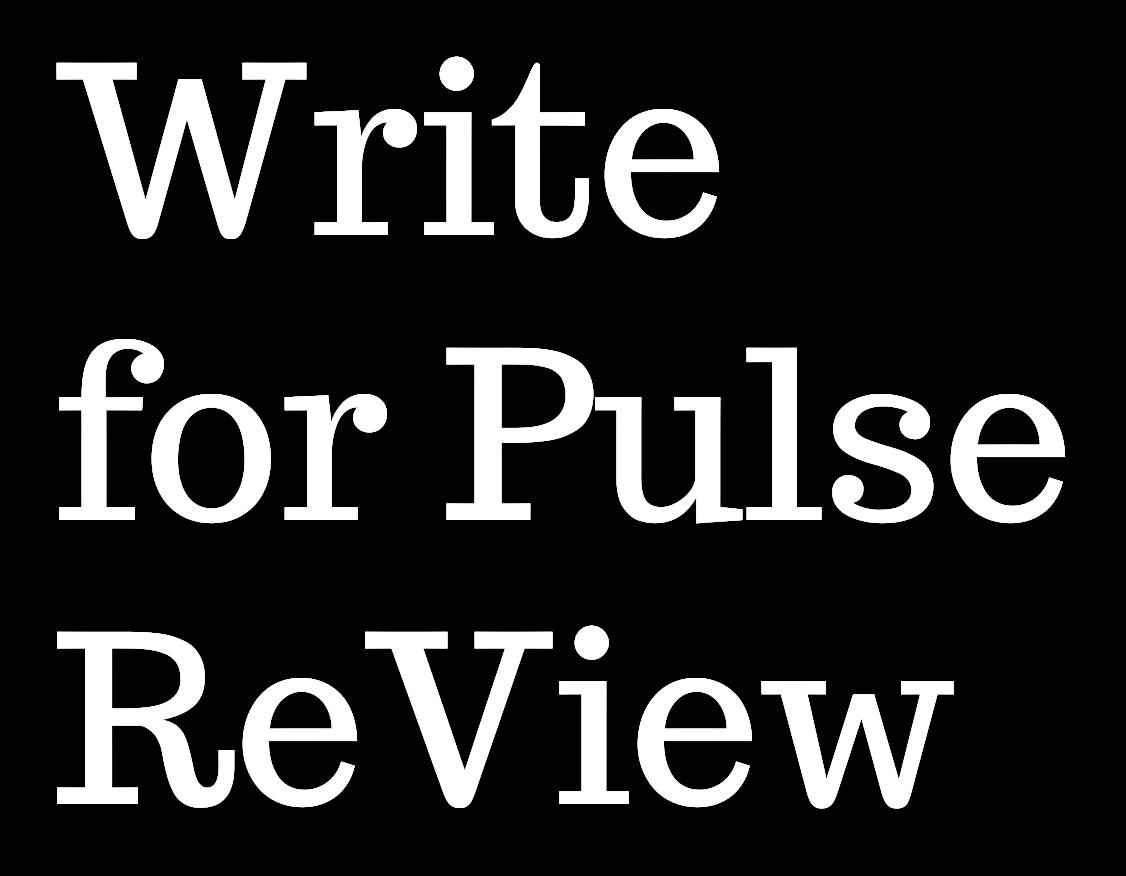


Why are we aboard the economic
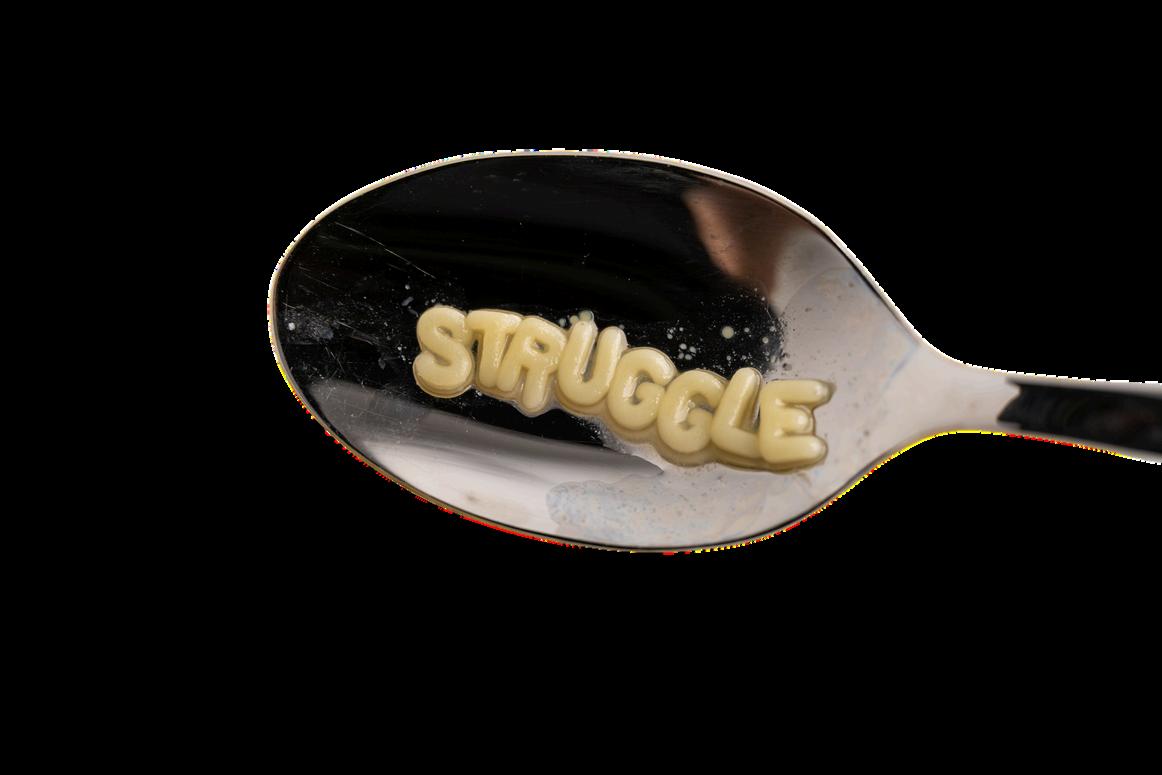
Geriatric millennials li younger Gen friends–tak for the endangerment o species such as Applebe “cheese.” Boomers may even roll their eyes and shame our occasional Truffle Tremor and drive-thru coffee with comments like, “And they wonder why they can’t afford a decent house ”
Well, I have great news for the Spice Girls Generation Dr Claudia Goldin, the recipient of the 2023 Nobel Prize for Economics, has advanced our understanding of income inequality and shed light on why so many of us are aboard the economic struggle bus.
“And they wonder why they can’t afford a decent house.”
Dr. Goldin’s book, The Race Between Education and Technology, explains how rapid technological changes at the beginning of the twentieth century demanded a more educated workforce America stepped up and, unlike our European counterparts, freely educated the masses And this “wasteful” investment of resources in educating the public paid off big time because America was winning! Remember those stories of your great-granddad owning his own home and supporting a family of eight from his
single-income factory job? That’s what we’re talking about Winning!
Then, Ronald Reagan is elected President in 1980, the middle class disappears and our shared economic growth comes to a screeching halt. Shareholders hoard massive profits Nothing trickles down After generations of rapid educational advances, we’re in a place of high wage differentials because of forces literally beyond our control. Even more so if you dare to be female
Have courage, dear ones Sure, it doesn’t feel fair that we couldn’t get that family-supporting paycheck right out of high school When our college degrees still don’t feel like enough when we have “only a Master’s” (!) let’s hold our heads high, take a deep breath, and say all together, “I’ll have the avocado toast, please.”
HIGHLY RECOMMEND READING:
The Race Between Education and Technology by Claudia Goldin and Lawrence F. Katz
HIGHLY RECOMMENDED LISTENING:
Claudia Goldin is the featured guest on NPR’s Wait Wait, Don’t Tell Me
Marcia NordmeyerThe Barna Group researchers conducted interviews with thousands of young adults to produce the book UnChristian: What a New Generation Really Thinks about Christianity . . . and Why It Matters. As described in the book, here are the six most common points of skepticism and objections raised by outsiders
Hypocritical Outsiders consider us hypocritical saying one thing and doing another and they are skeptical of our morally superior attitudes They say Christians pretend to be something unreal, conveying a polished image that is not accurate. Christians think the church is the only place for virtuous and morally pure people
Too focused on getting converts Outsiders wonder if we genuinely care about them They feel like targets rather than people They question our motives when we try to help them “get saved,” despite the fact that many of them have already “tried” Jesus and experienced church before.
Antihomosexual. Outsiders say that Christians are bigoted and show disdain for gays and lesbians They say Christians are fixated on curing homosexuals and on leveraging political solutions against them.
Sheltered Christians are thought of as old-fashioned, boring, and out of touch with reality Outsiders say we do not respond to reality in appropriately complex ways, preferring simplistic solutions and answers We are not willing to deal with the grit and grime of people’s lives
Too political. Another common perception of Christians is that we are overly motivated by a political agenda, that we promote and represent politically conservative interests and issues Conservative Christians are often thought of as right-wingers.
Judgmental. Outsiders think of Christians as quick to judge others. They say we are not honest about our attitudes and perspectives about other people They doubt that we really love people as we say we do
The next six chapters of this book explore these six critical perceptions, describing how outsiders arrive at these points and how these perspectives affect their understanding of Jesus. Each chapter also articulates a desirable new perception a biblical vision for how Christians should be known
From pages 29-30 of UnChristian
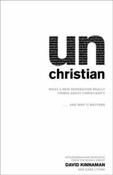


A House on Fire: This Adventist Peace Fellowship podcast series is based on the excellent book on race and racism
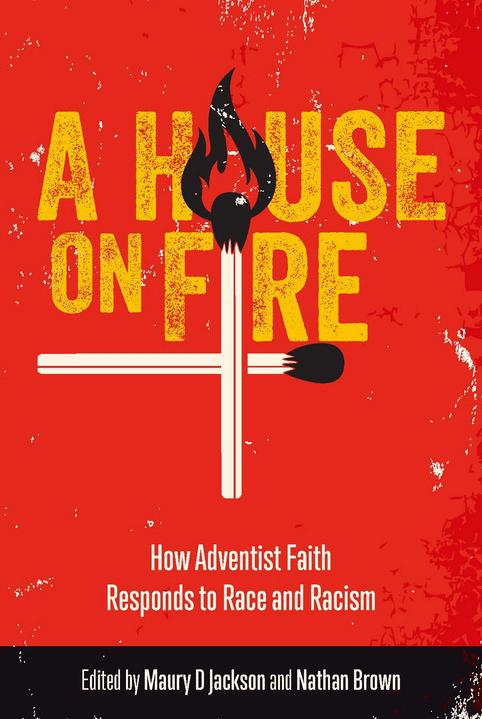
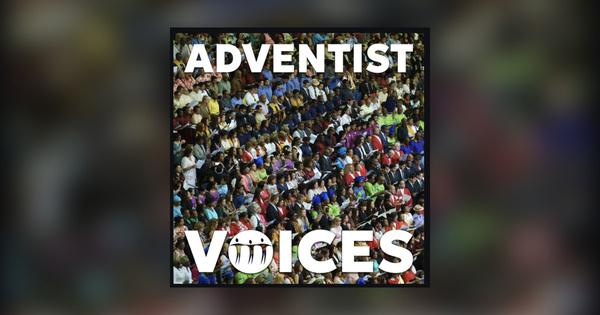
Adventist Voices: Weekly podcast and companion to Spectrum designed to foster community through conversation
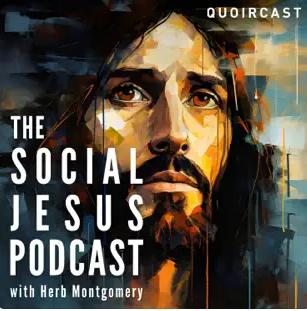

Red Letter Christian Podcast: Christian commentary on the way of Jesus in the world today

Adventist Pilgrimage: A lively monthly podcast focusing on the academic side of Adventist history
Renewed Heart Ministries talks about the intersection of Jesus, faith, and social justice today

Just Liberty: A fresh, balanced take on religious liberty where justice and liberty meet
I have learned how important it is to have empathy for those that are marginalized or struggling Action must be taken to create a safe environment for all people. It is our responsibility, not that of the marginalized, to push for a world in which love always prevails.”
–Student in Senior SeminarAs a professor in the Health and Exercise Science Department at La Sierra University, I teach a course titled “Senior Seminar: Religion, Values, and Social Responsibility in Health and Movement ” During this course, while analyzing religious, moral, and social issues within the students’ major programs, students also reflect on their own faith as they apply principles to specific problems of contemporary life.
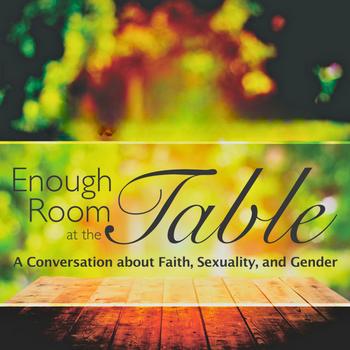
The course is primarily discussion based, along with formal presentations From day one, I strive to create a safe space for all students to become socially responsible members of their communities and to learn with and from each other in our class interactions, as shown in the course syllabus.
I am excited that we are at a Seventh-day Adventist university! This class is intended to be a place that is perceived, and experienced, as a safe place by each of us. A place: a) where respect for others is the norm; b) where our various dimensions of diversity in the room are viewed as a collective strength, an asset that provides leverage for growth as we strive to learn with, and from, each other; c) where differences in ethnicity: physical ability; lesbian, gay, bisexual, transgender, and other persons, without
regard to biological sex, gender identity or expression; cultural background; age; appearance; political ideology; and religious convictions are welcome and valued; and, d) where each person’s beliefs and values will be treated with respect
As a member of this class, you are free to respectfully agree or disagree with your classmates, or your professor, on any given point or issue. Mutual respect and compassion, especially for those with a different perspective, are fundamental expectations for all that occurs in our class.
One of the many topics we explore is sexuality and gender identity Assigned readings on this topic include the Adventist Church’s official statements on “Homosexuality” (2012); “Same-sex Unions” (2012); “Responding to Changing Cultural Attitudes Regarding Homosexual and Other Alternative Sexual Practices” (2014); and “Transgenderism” (2017), along with articles from other sources
In addition, as a class we watch the film Enough Room at the Table This film offers perspectives of 12 vastly differing Adventists from across the country as they meet at weekend retreat. I highly
recommend the film especially for group or class settings Enough Room at the Table has encouraged students that perhaps the church may become a more supportive space for people seeking friendships with God and with others on their life journey.
While we watch, I provide prompts with a film viewing guide to which students submit reactions. Here’s a sampling of their oftenprofound responses.
In contrast to the standard Side A and Side B views of same-sex marriage, Keisha mentioned Side Q Quality of relationships. What do you think of this perspective?
Student: The health and success of a relationship should not be determined solely by the sexual orientation of the individuals involved. Factors such as communication, mutual respect, trust, and emotional compatibility play significant roles in the well-being of any relationship A healthy relationship is determined by the dynamics and qualities of the relationship itself
Weneedtopromote allyshipamongmembers.
How can we help our church members be “ready” to address LGBTQ+ attendees? Can accepted members perhaps give more grace to anyone who is already hurting and at risk?
Student: We need to promote allyship among members. Also, provide resources and training that cover respecting diverse identities, pronoun use, gender and sexual orientation, and creating safe spaces.
Student: To help our members be ready to address LGBTQ+ attendees, who are already suffering in silence and being pushed down, we can educate members We can remind them to be open-minded and respectful because everyone is sitting in the same pews. Speak out against the hate.
How can we encourage more thoughtful conversations about this topic in our own circles?
Student: We must include those who are part of the LGBTQ+ community whenever we have these conversations. No one can understand how LGBTQ+ people feel unless they are included in that discussion This should be an open conversation with all those in the congregation and church board.
Noonecanunderstandhow LGBTQ+peoplefeelunlesstheyare includedinthediscussion.
Student: Having thoughtful conversations about sensitive topics can be challenging. Here are some encouraging tips
1 Use respectful language: Avoid derogatory or offensive language. Use inclusive language that respects identities and avoids stereotypes
3.
Start with empathy: Listen with an open mind and heart. Try to put ourselves in others’ shoes and consider their experiences and perspectives
2. Seek to understand: Ask questions to clarify and be open to learning from others. Avoid making assumptions or jumping to conclusions
What have you learned from the stories in this film that you can apply in your own life?
Student: The stories in this film enforced the fact that I need to be more understanding of those around me, not to live that single story. It also teaches me that people of color went through trials to achieve similar goals as the LGBTQ+ community. Why wouldn’t I be able to support the improvement of another group of people? The biggest application is having real conversations with LGBTQ+ people.
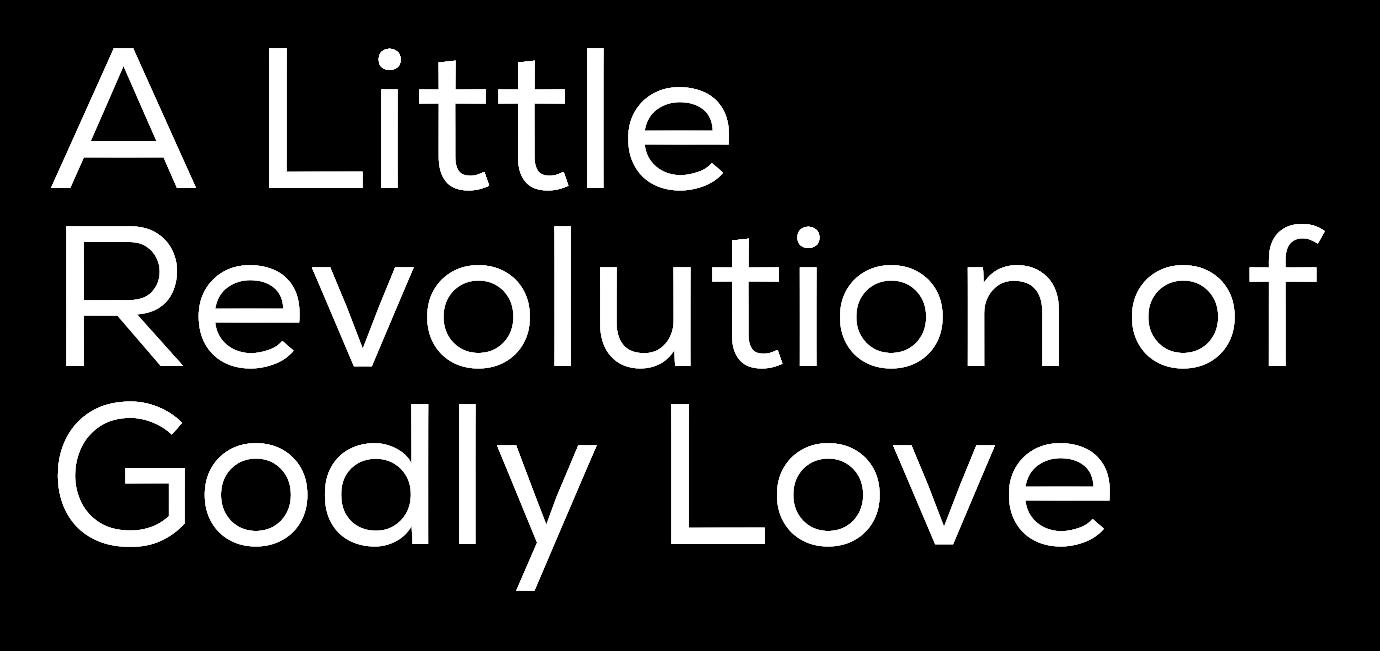
Our faith has as much to say about this world as it does about the next.
Sp e c i a l M u s i c
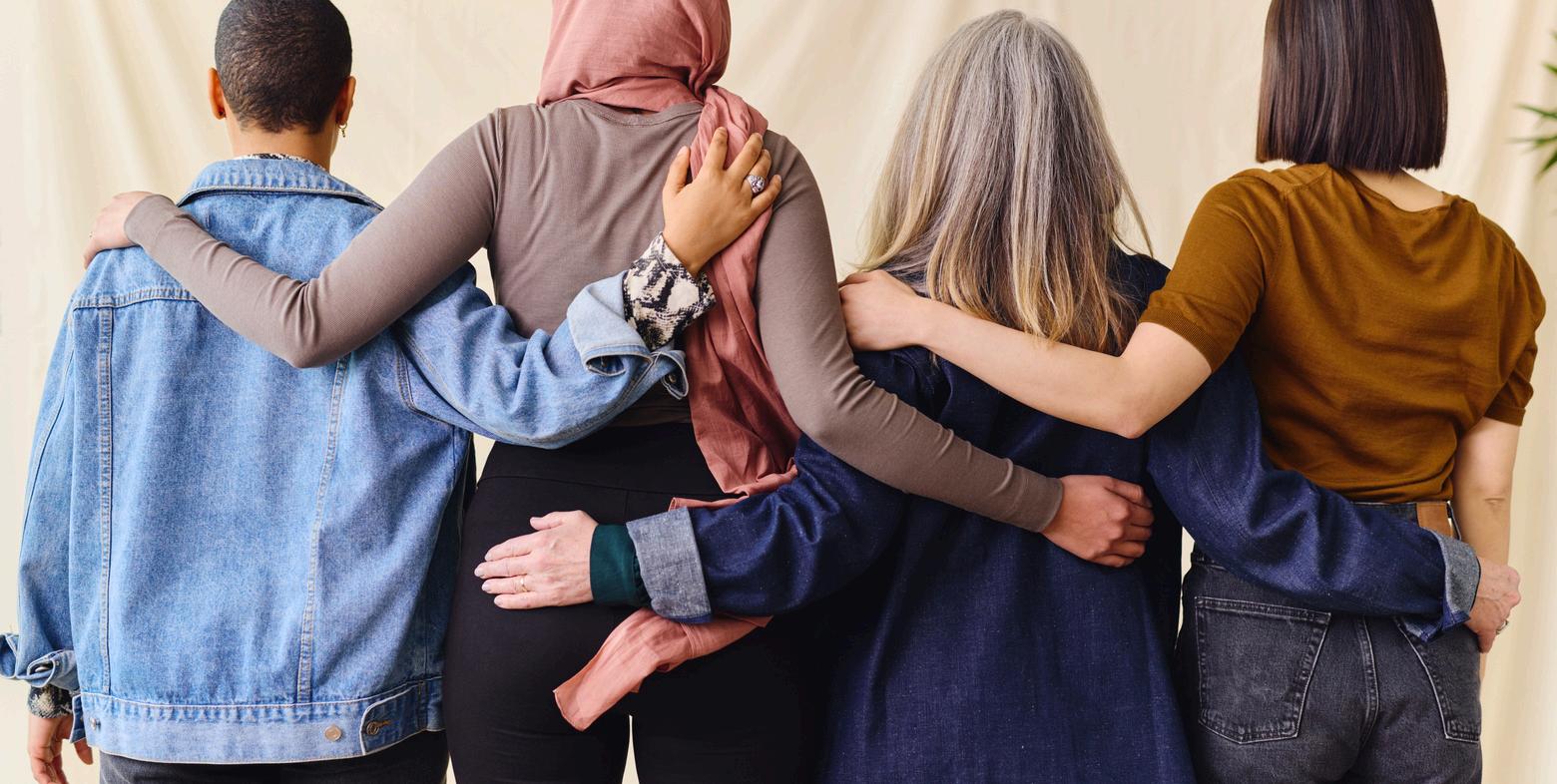
There are many false prophets (and false profits) out there, and all kinds of embarrassing things being done in the name of God Religious extremists of all faiths have perverted the best of our traditions.
But there is another movement stirring, a little revolution of sorts. Many of us are refusing to allow distorted images of our faith to define us. There are those of us who, rather than simply reject [lame religion], want to spread another kind of Christianity, a faith that has as much to say about this world as it does about the next.
Many of us are refusing to allow distorted images of our faith to define us.
New prophets are rising up who try to change the future, not just predict it There is a movement bubbling up that goes beyond cynicism and celebrates a new way of living, a generation that stops complaining about the church it sees and becomes the church it dreams of And this little revolution is irresistible It is a contagious revolution that dances, laughs,
and loves.
During the war in Afghanistan, folks in my community here at the Simple Way organized an all-night vigil and sleep-out at Love Park in Philadelphia to remember the refugees and the cost of war. Shortly afterward, we went out to grab a pizza at a fabulous hole-inthe-wall pizza joint where the grease makes the paper plates transparent. We had become close friends with the owner, who is from Afghanistan He told us with tears that he had seen us on the news and was deeply grateful. His family had become refugees, and he did not know what would happen to them He said that what we were doing was beautiful but then he added, “But we are only little people We are like roaches, and they can crush us with their big feet.”
I said to him, “But there are many of us, and enough roaches can run the owner out of the house!” We all laughed. We are a modest revolution of roaches that can run moneychangers out of temples or politicians out of office And we can invite them to join us in creating another world. . . .
S p e c i a l M u s i c
Now, don’t get me wrong Even though people around the country thirst for something new, the elephant and the donkey are the largest and most stubborn of animals And though the masses cry out for a safer, more sustainable world, the bear and the bull of Wall Street are aggressive and are ready to tear apart anything that stands in their way The truth is that much stands in the way of God’s will for our world, beasts like what Dr. Martin Luther King Jr. called the giant triplets of evil: racism, militarism, and materialism
And the voices of resistance are little voices, but the voices of these ordinary radicals are beginning to
harmonize in the most beautiful ways. The biblical prophets talked about the beasts of the empire and the market Jewish uprisings toppled the beastly golden eagle of imperial Rome that was placed in front of God’s temple. And the whispers of little prophets once again rise from the land
The irresistible revolution isn't just about going to heaven when you die but bringing heaven down as you live. The love we ' re talking about is big enough to set both the oppressed and the oppressors free. It's about healing our broken hearts, healing our broken streets, and healing our broken world The revolution we are talking about begins inside each of us and extends to the ends of the earth
Excerpted from The Irresistible Revolution: Living as an Ordinary Radical by Shane Claiborne, pp 23-26
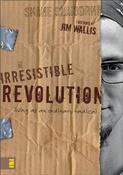

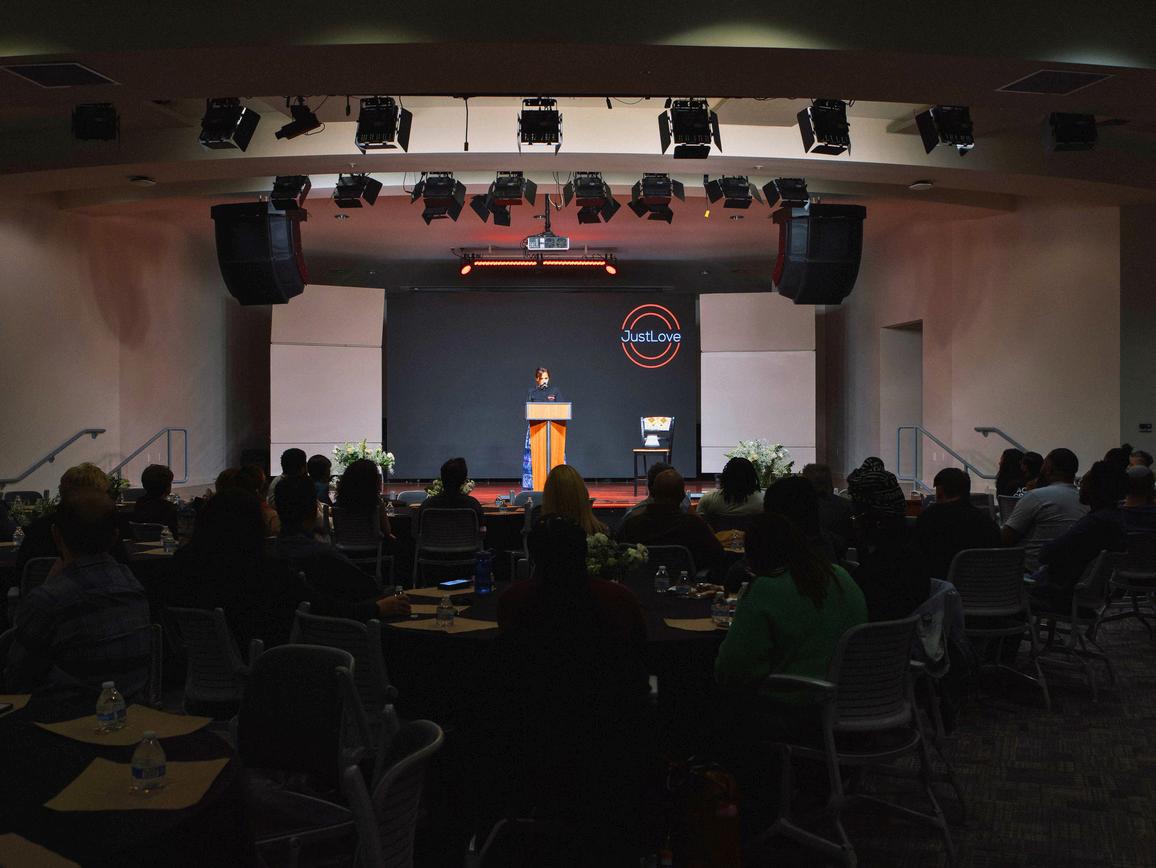
Riverside, California
May 4, 2024
As a collective of followers of Jesus in the context and tradition of the Seventh-day Adventist Church, we call on leaders and members of our global church community to work with us to renew our doing justice and loving mercy as vital elements and expressions of walking humbly with our God in our world today (see Micah 6:8).
We see a world with desperate needs for more justice and more love. In the ministry of Jesus (see Luke 4:18, 19), the voices of the Hebrew prophets (see Isaiah 58 and Micah 5), and the examples of our Adventist pioneers who stood up for the poor and oppressed and fought nonviolently against social evils such as racism and slavery we recognize that the work of justice is “the kind of ministry that will bring life into the churches,”* as well as changing the world for those who most urgently need it to be changed.
We affirm and support those agencies, organizations, and individuals who are already at work in various places, ways, and issues, and acknowledge those groups within our church family for whom issues of injustice, oppression, and exploitation are lived experiences.
We also lament that we have been a silent church, at times when we should have spoken, but we affirm the as-yet-unrealized potential of our worldwide body of believers to be a greater voice for justice in our world. We call our preachers to preach it, our teachers to teach it, and all of us in our own ways and
together to do it
As participants in the inaugural JustLove Summit, we will take this call home to our churches and communities, to share with our church leadership and membership, and to live out in our own places
As we re-commit to the work of justice and love, we invite our community of faith to join us in the radical and difficult, creative and joyous work. Together, we sound this call in the name of the One who “will cause justice to be victorious And his name will be the hope of all the world” (Matthew 12:20, 21, NLT)

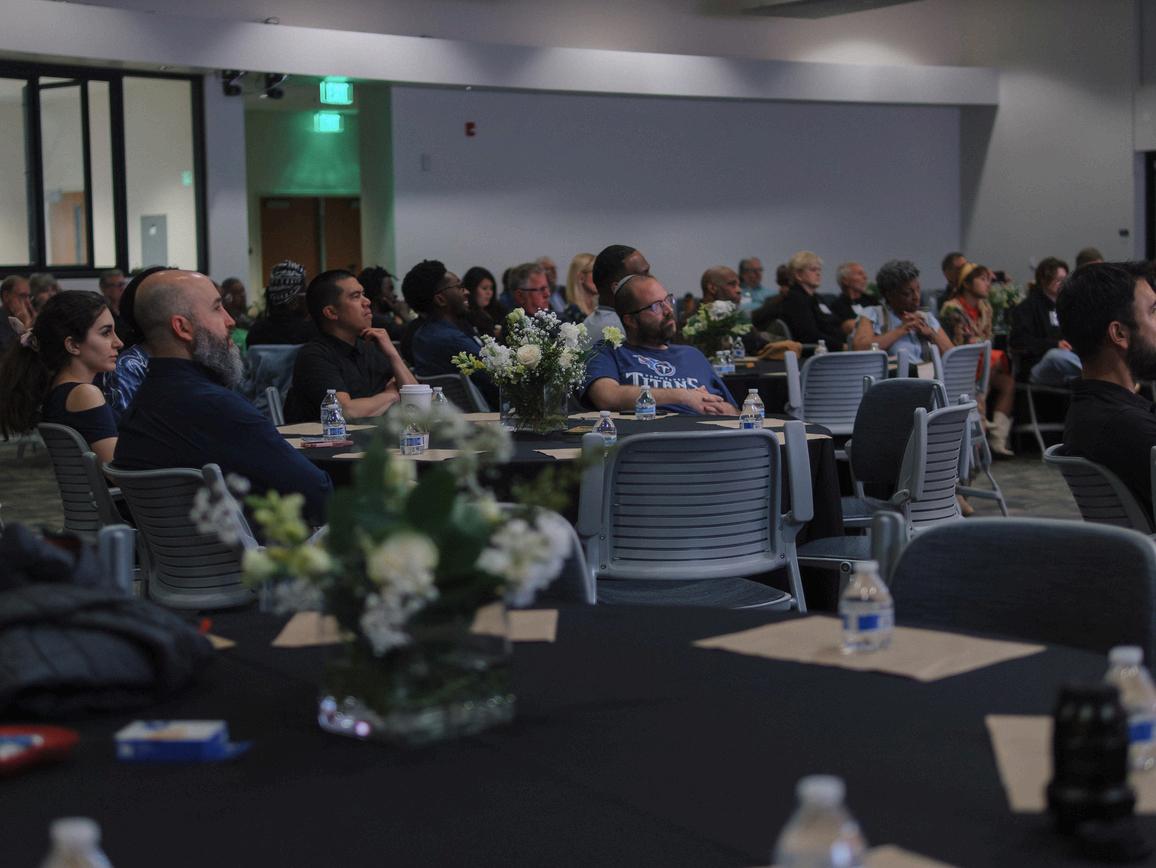
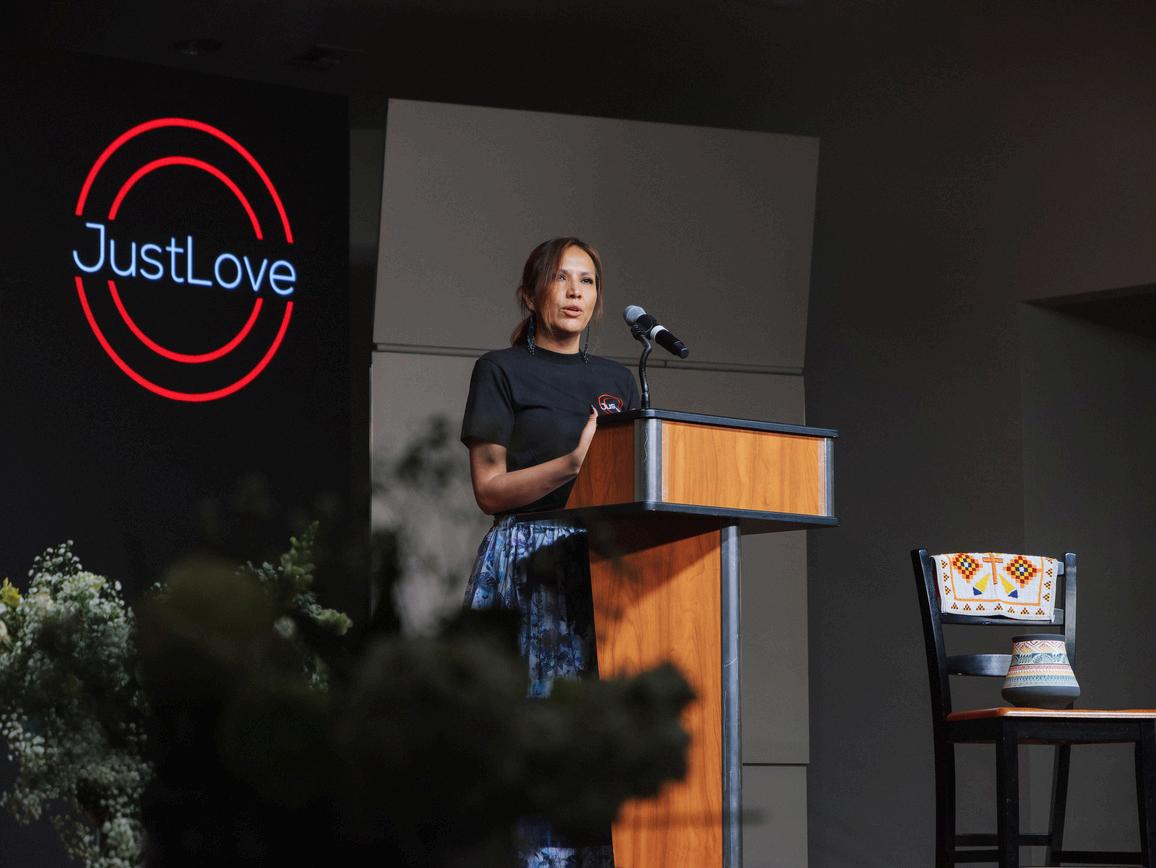
In the Book of Acts not the Book of Directions or Book of Grievances or Book of Fundamental Beliefs Dr Luke describes an early post-resurrection gathering where “all these with one accord devoted themselves to prayer the company of persons was in all about a hundred and twenty” (Acts 1:14, 15, RSV)
On May 3-4, 2024, about 120 post-resurrection disciples gathered for the first JustLove Summit at La Sierra University in Riverside, California. We prayed. We talked. We listened. We laughed. We wept. We shared common/uncommon concerns, joys, and tables. We moved. We participated. We connected. We planned.
The acts remain to be done.
For 26 hours, the Zapara School of Business buzzed with Spirit-imbued business. Three lively, inspiring plenary sessions and eight workshops enticed and entranced. We’re already looking forward to our next Summit especially sharing reports of the JustLove Collective actions that were spawned by the first Here are textual and visual snapshots of the plenary sessions
Following Loma Linda University Chaplain Dilys Brooks’ opening acknowledgment of the indigenous caretakers of land, water, and air, and a moment of silence for all victims of war, we prayed Dilys then said, “We’re going to be challenged tonight, so look to your neighbor and say, ‘Are you ready to be challenged?’” The room heaved with questions and laughter “Now look to your other neighbor and say, ‘I’m here for it!’” Gleeful shouts erupted.
We were ready. Then Jovannah stepped to the front.
“In my culture,” she said, “we view everyone in our audience as relatives. So,” she smiled at us, “I greet you all as relatives.”
Jovannah identifies herself as an Oglala Lakota Sioux. She explained that her name means “Lightning Eyes Woman” or “Eyes of the Thunder Being.” Her poised and poignant description of growing up on a reservation was chilling and heartbreaking, stained with poverty, rape, alcoholism, and violence. I remember thinking, Why so much suffering? Whose damnable legacy is this? The seeping, unremitting poison of colonization
Despite her mother’s grave misgivings and warnings, Jovannah attended Holbrook Indian School and converted to Christianity Afterward, her mother scolded, “You have turned your back on your people and your culture ” Jovannah struggled
to resolve her dual identities Native American and Christian until a pastor told her, “Don’t forget that God made you Native American Your mother can’t even take that away You don’t have to choose between being Native American and Christian In God’s eyes, you are both ”
Throughout her three presentations, Jovannah employed a marvelous extended metaphor of firing pottery in a kiln. From riverbed clay to 1400 degrees to cooling, every part of the process matters “to come out whole.” One firing is not enough; only the second firing and waterproof glaze ensure that the new vessel can withstand the external pressures of microwave, dishwasher, and oven.
“I’m struggling because I’m not supposed to be here,” Jovannah, my former student at Union College, confessed at the second session. Filled with fears, she said, “My second invitation into the kiln brought me to my knees.” She and her husband, Zac, have five children, which created immense joy and also mental and emotional challenges.
During her third talk she described raku and horsehair pottery She held up an exquisite urn, observing, “This shouldn’t exist Yet the potter built an entire kiln for this one piece Anomalies make people uncomfortable, but the kiln doesn’t exist to make people comfortable ” Amen

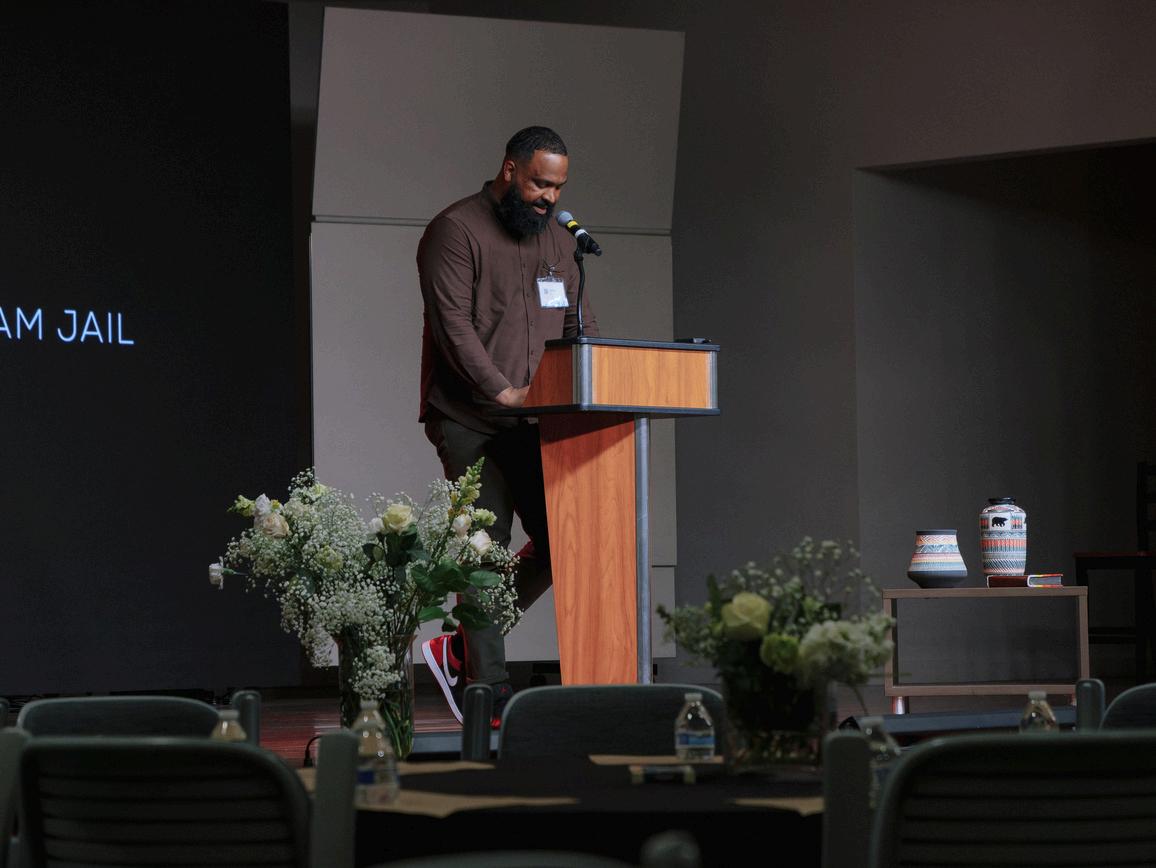
As a New York City local, Priscilla applies her pugnacious, peppy, positive personality to actively engage people through “applied theater ” For each session she made active learning fun and memorable
In the first session, we entered connections via handshakes, dabs (fist bumps), high fives, peace and love signs, and long-lost friend (“Ayyyyy!”). With scores of people scattered across the spacious room, we then had to relocate the original partners to recreate our greetings. Instant chaos. Then we formed groups for preferred music (What? No folk rockers?), foods (Mexican ¡Claro!), and birth orders (only/first/twin/middle/youngest).
Michael read aloud portions of the classic “Letter from a Birmingham Jail” by Martin Luther King, Jr., spreading the reading over all three sessions so listeners could marinate in and marvel at the deeply rich artistry
King’s words are perhaps humankind’s most eloquent defense of Christian nonviolence in combating evil He began writing the piece on the margins of a newspaper that was handed to him while he languished behind bars in Alabama King was responding to an article by local clergy who were denouncing him for his “unwise and untimely” approach in seeking justice now
“Since I feel that you are men of genuine good will and your criticisms are sincerely set forth, I would like to answer your statement in what I hope will be patient and reasonable terms ”
“Injustice anywhere is a threat to justice everywhere We are caught in an inescapable network of mutuality, tied in a single garment of destiny ”

The third session she really pushed us During one activity, we had to walk around while Priscilla gave four “Simon says”-type commands The kicker came when she instructed us to do precisely the opposite of what we were hearing. For example, when she called out, “Walk,” we had to halt. When she said “Halt,” we had to walk. Mind: blown.
At breakfast the next morning, I noted to Priscilla that this activity symbolized what it might be like to be LGBT especially transgender. Everything seems turned around.
Priscilla grinned and said, “Ayyyyy!”
“Never again can we afford to live with the narrow, provincial ‘outside agitator’ idea Anyone who lives inside the United States can never be considered an outsider ”
“As in so many experiences of the past, we were confronted with blasted hopes, and the dark shadow of a deep disappointment settled upon us ”
“We started having workshops on nonviolence and repeatedly asked ourselves the questions, ‘Are you able to accept blows without retaliating?’ and ‘Are you able to endure the ordeals of jail?’"
At the end of the Summit, I mentioned to Michael that “Letter” was one of my all-time favorite works of literature.
He replied simply, “I could read it every day.”

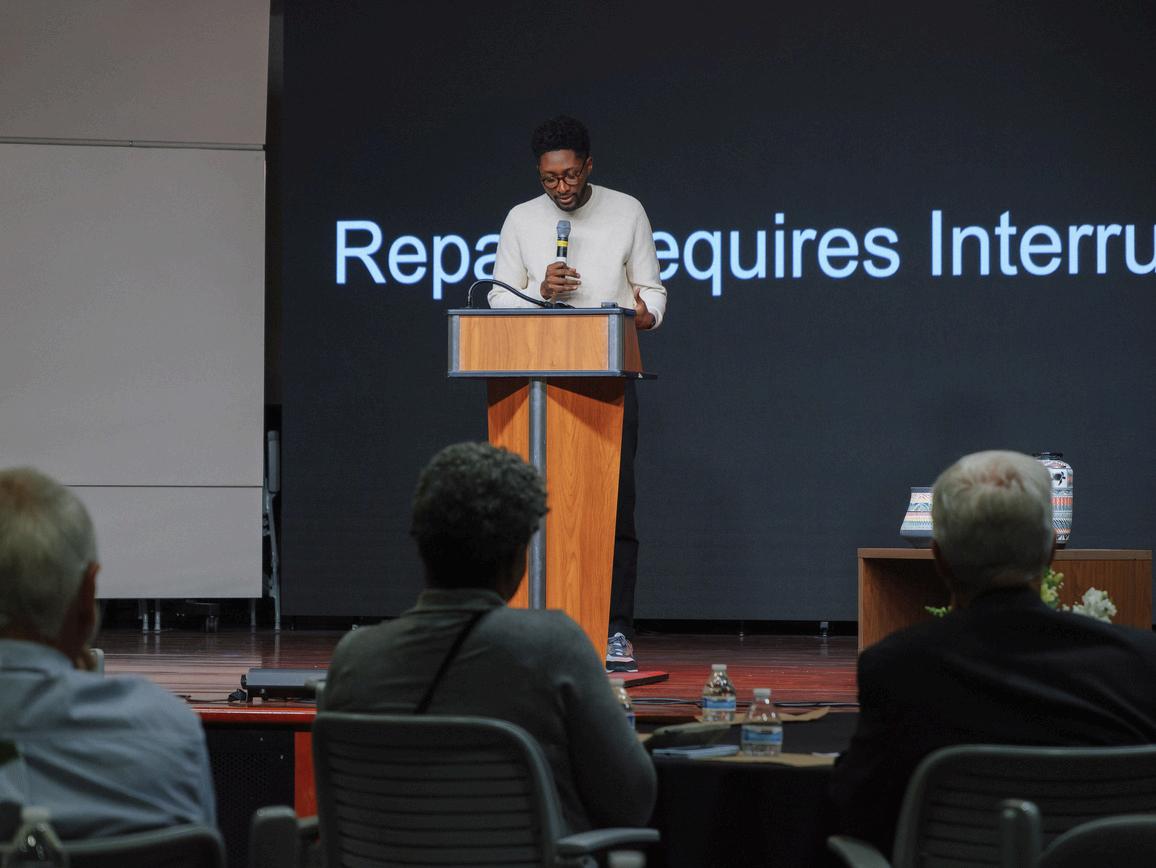
Using penetrating insights and memorable phrasing, Marlene wowed the audience She began with “a theology of memory,” recalling especially the women mothers, grandmothers, and aunts who with no formal theological training became the main theologians in our lives by modeling the reality of the gospel. Their lives are “reading the Bible outside the Bible.” Their practiced solidarity creates a love that leads to justice.
Marlene made a call to “reclaim marginalized voices: those who are living on the underside of history.” Jesus knew marginalization He lived in the East L.A. of His day. Throughout His life He models caring for those living along the margins.
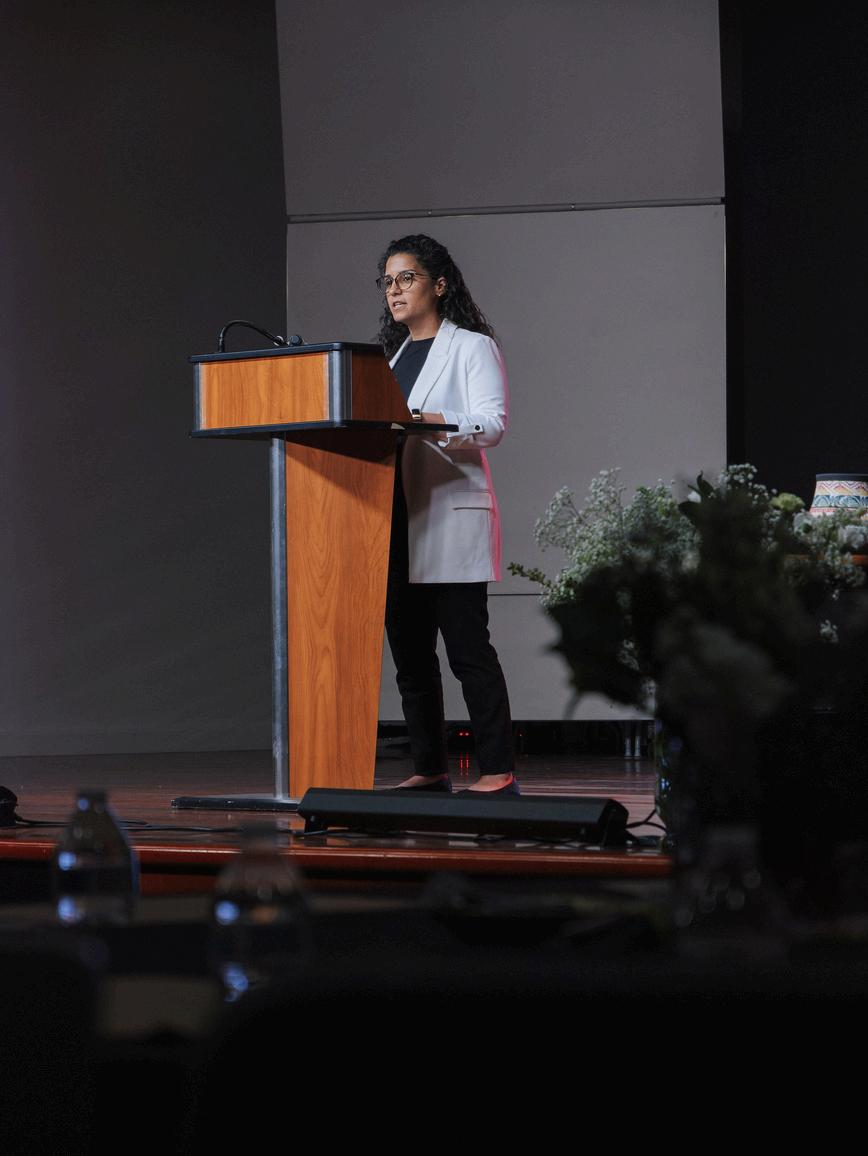
In addition, as members of the beloved community, “We need to experience a conversion to the gospel of our neighbor We can stand straight only when our center of gravity is outside of ourselves ”
Then she delved into Scripture. In Mark 12, “Jesus is sitting opposite the ruling class” and opposite the Temple’s collusion with Rome. Marlene said, “Here Jesus is training His disciples to notice these small moments, as if to say, ‘Did you see that?’”
The widow and her mini-plinking mites are an act of holy boldness. She is saying, “You can take the money” but you cannot take my self-respect or my love. In reality she is “the protagonist in her own narrative.”
So are we.
As a staff writer for Mother Jones, Garrison Hayes is eminently familiar with social justice issues As a former Adventist pastor, he also knows the logic and limits of ecclesiastical terrain His merging of the two was brilliantly on display for his session two talk, “What Repair Requires.”
In Acts 6:1-7, a dispute arose over widows who were being neglected in the daily distribution. The Greek Jews were murmuring against the Israeli Jews. How to achieve restoration and restitution? It’s a question for our age as well, potentially applied in complex realms from slavery reparations to affirmative action.
Garrison pointed out, too often we’re like airline passengers in business class, wondering What is their problem in the cheap seats? When we believe we’re largely unaffected, we can become uncaring, uninvolved, removed from seeking justice
In answer to his implied question in the title, repair requires interruption. The church in Acts 6 stopped what they were doing to serve the underserved. They acted decisively and chose people “full of the Spirit and of wisdom” (verse 3) to make repairs Today we also need the discernment and courage to stop doing some things and to start doing others No more business class as usual
1.
Two questions popped to my mind: God, interrupt me in my privilege Help me to see and to act, to join with others in repairing what has been broken.
What reparations would I be willing to fight for to repair injustice?
2.
What are some “interruptions” that must take place to achieve these repairs?
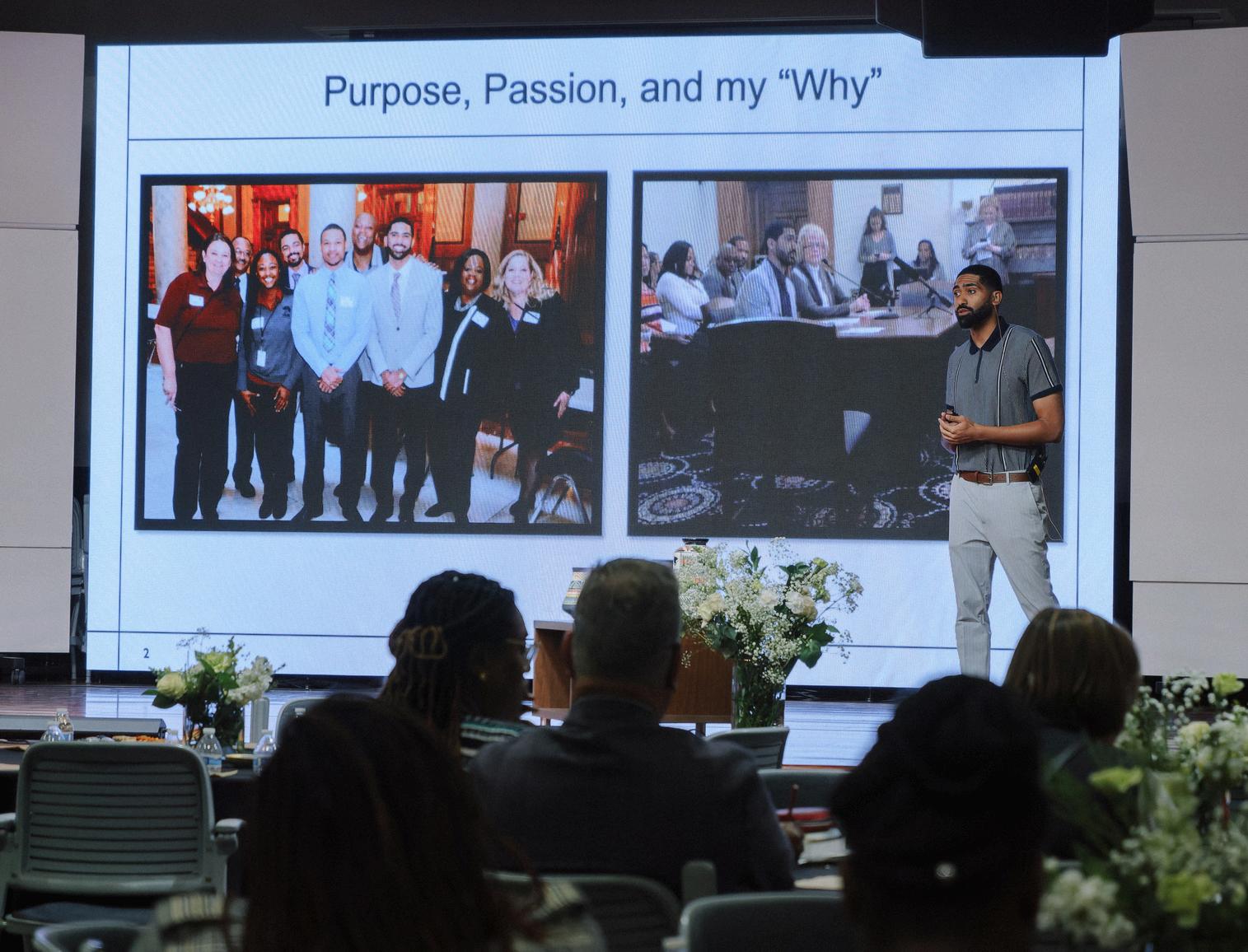
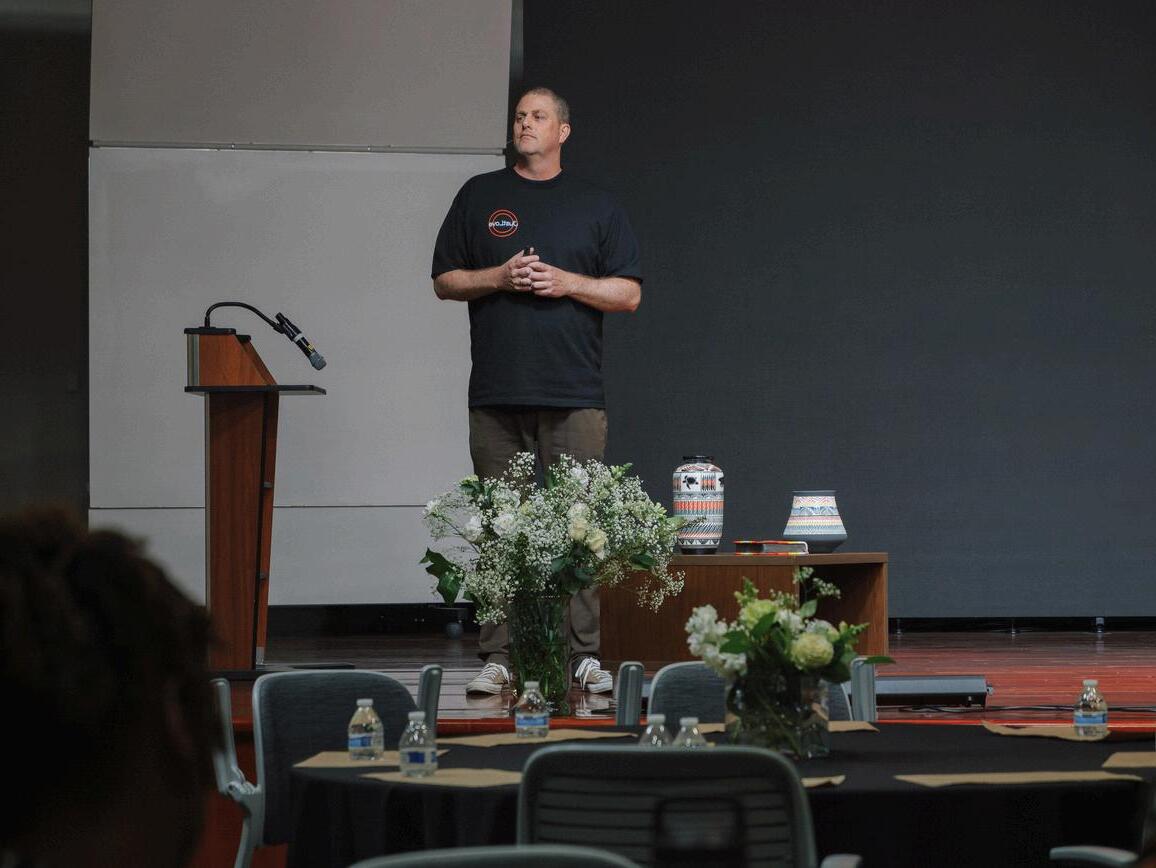
Nathan brought his tall, creative energy to the stage with a JustLove Statement on greater justice focus (see page 18) Working off a survey of 12,760 pastors, the survey found that of 14 options here were the last-place responses:
12 Reduce poverty, disease, and ignorance
13 Teach an ethical viewpoint
14 Advocate for Justice in society
As Nathan wrote in the April issue of Pulse, “It’s disheartening and it dishonors the God we claim to serve and the people we say God created (see Proverbs 14:31) Is advocating for justice less important than providing ‘a meaningful worship service’?”
Please sign the statement on page 18 It’s a start
Five tables spread across the floor filled with deep conversations Advocates for inclusive cultures, community organizing, antiracist coalitions, environmental care, and LGBTQ+ advocacy gathered for about an hour before the final plenary session to focus on their special areas
What actions will emerge?
Stay tuned
Eugene “applies his public policy and public health training toward advocating for equitable and transformative state and local policies that work to address social inequities and improve the health and wellbeing in underserved, marginalized, and BIPOC communities.” (Noice.)
He pointed out the difference between equity and equality (using the classic illustration of kids standing on boxes to watch the baseball game) and looked at systemic and structural inequities. The best slide for me was this:
“Proactively engage communities and build diverse, inclusive, and representative coalitions:
Who does the problem impact the most?
Which communities are often overlooked?
Who is missing from the table?
Those closest to the problem are often closest to the solution the solution should be guided and informed by community.
“Understand that creating social change does not happen overnight it requires sustained efforts and perseverance ”
Those are good closing words Good starting ones, too
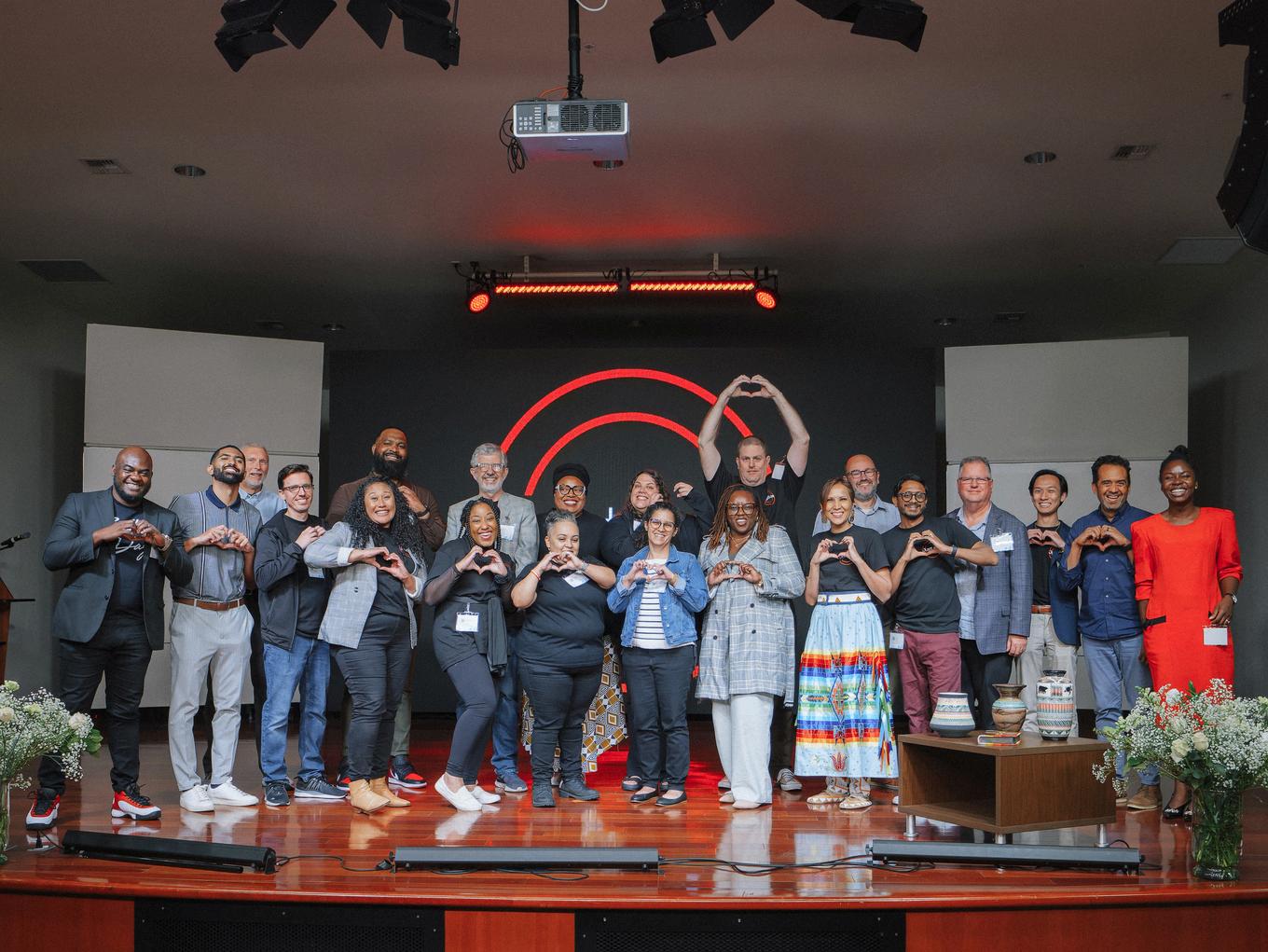

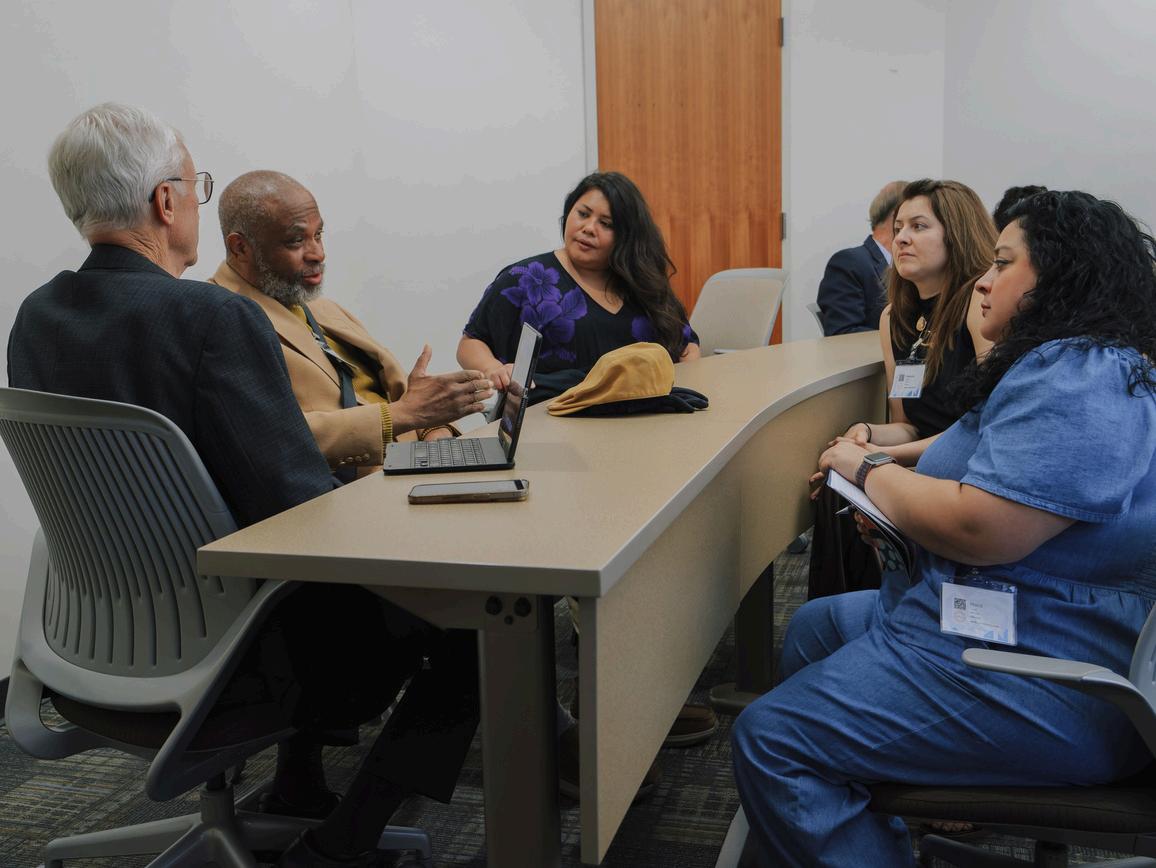

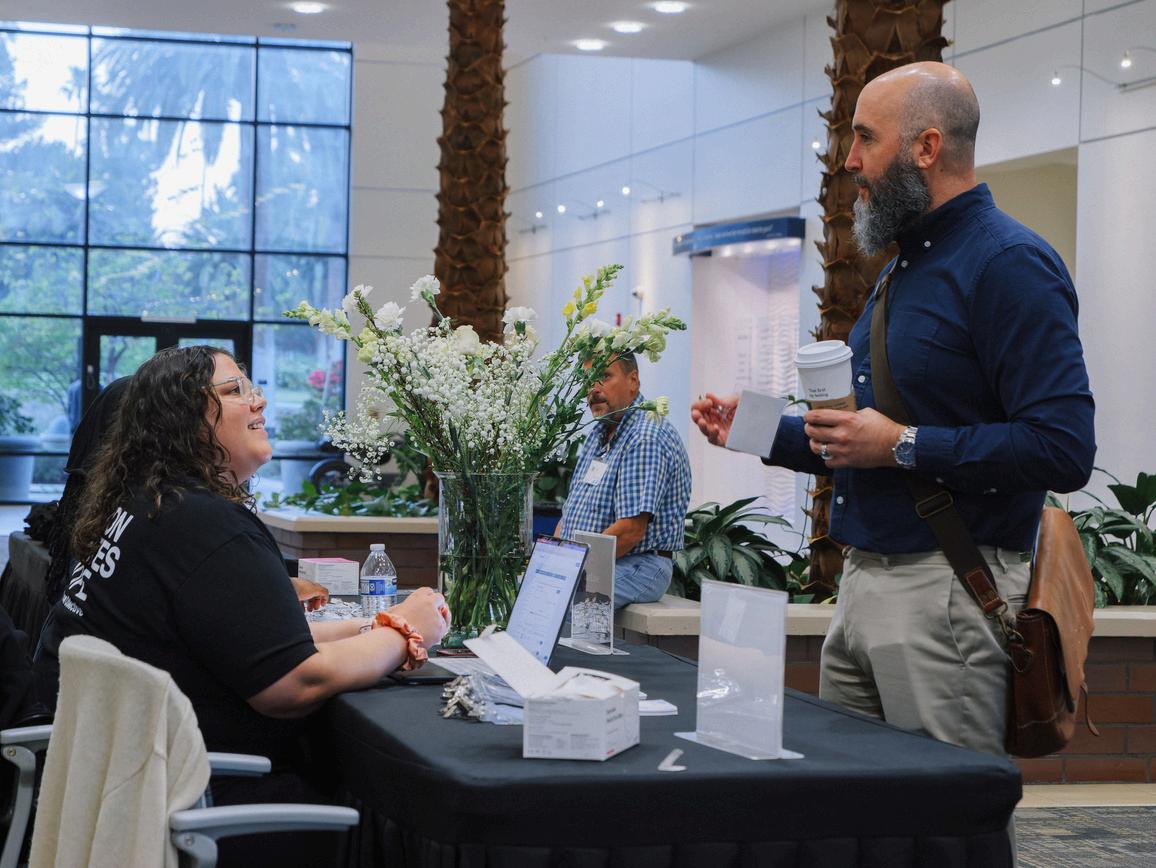

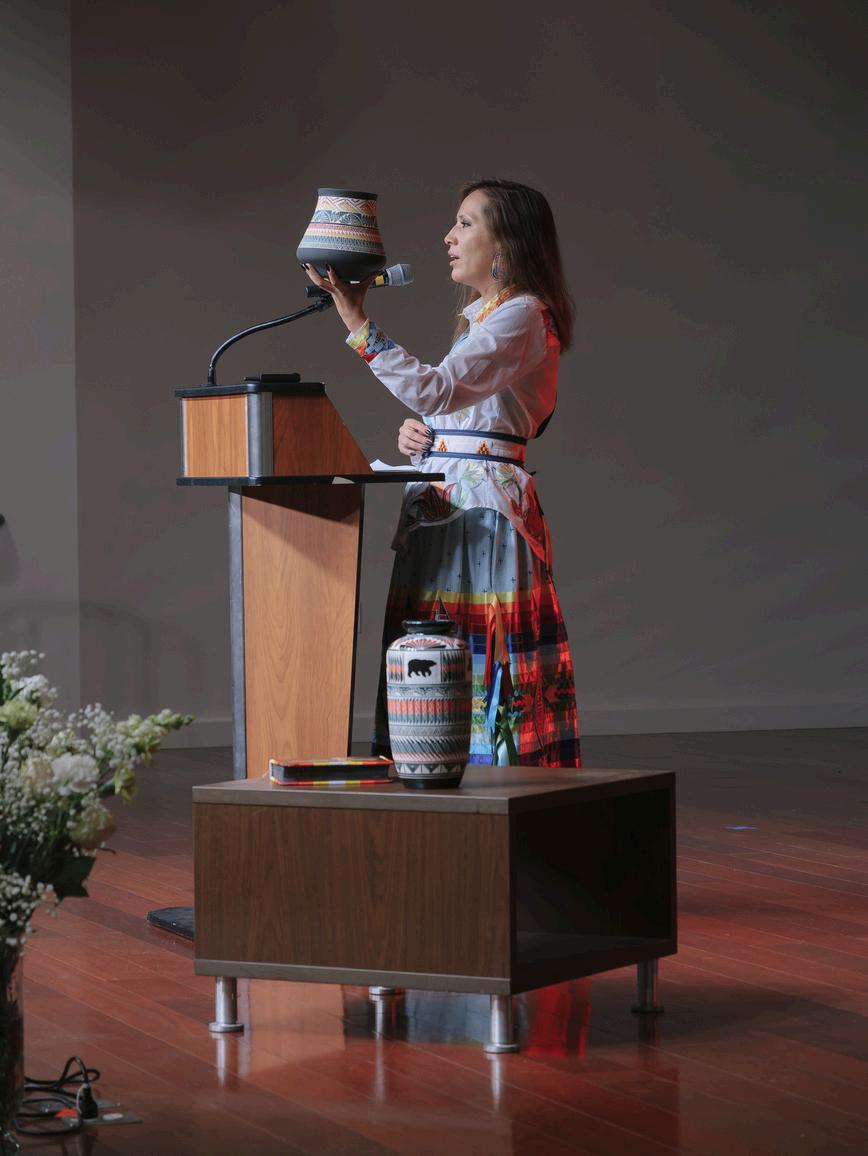


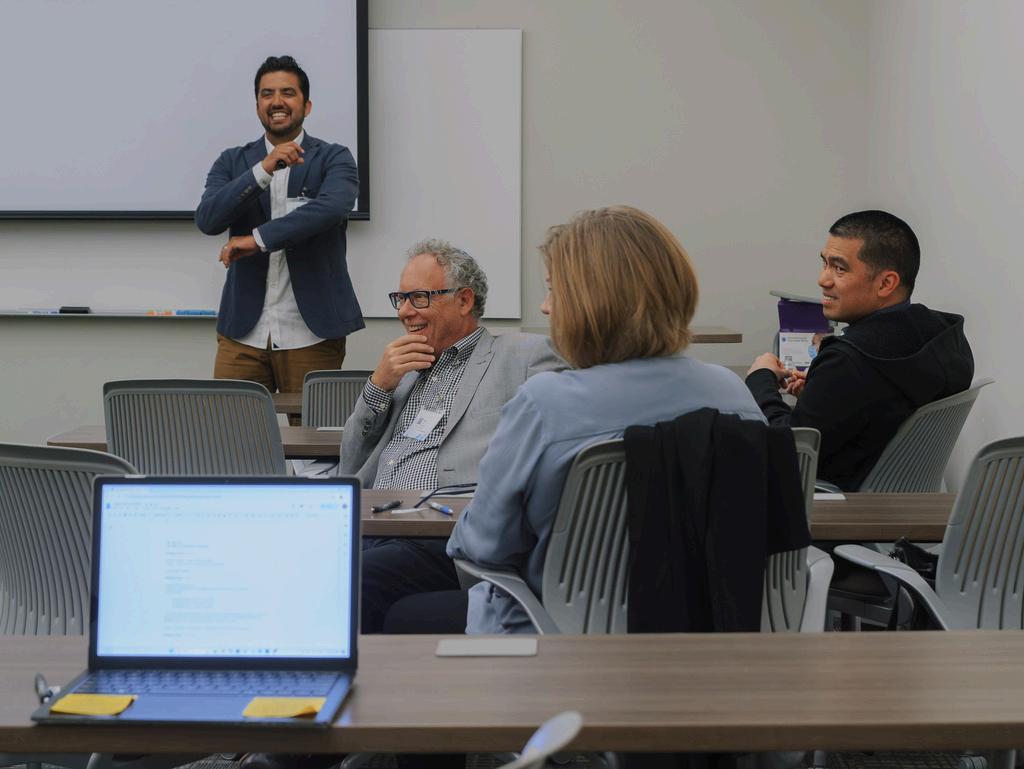
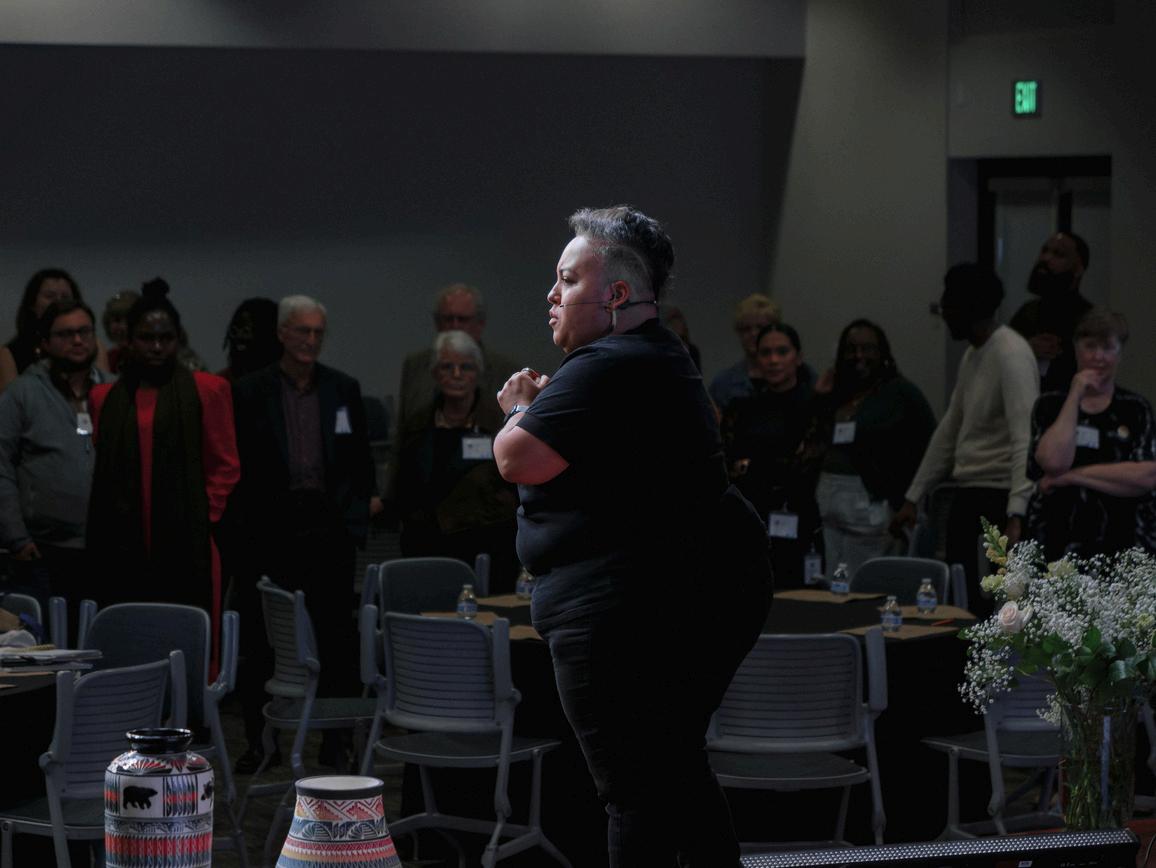


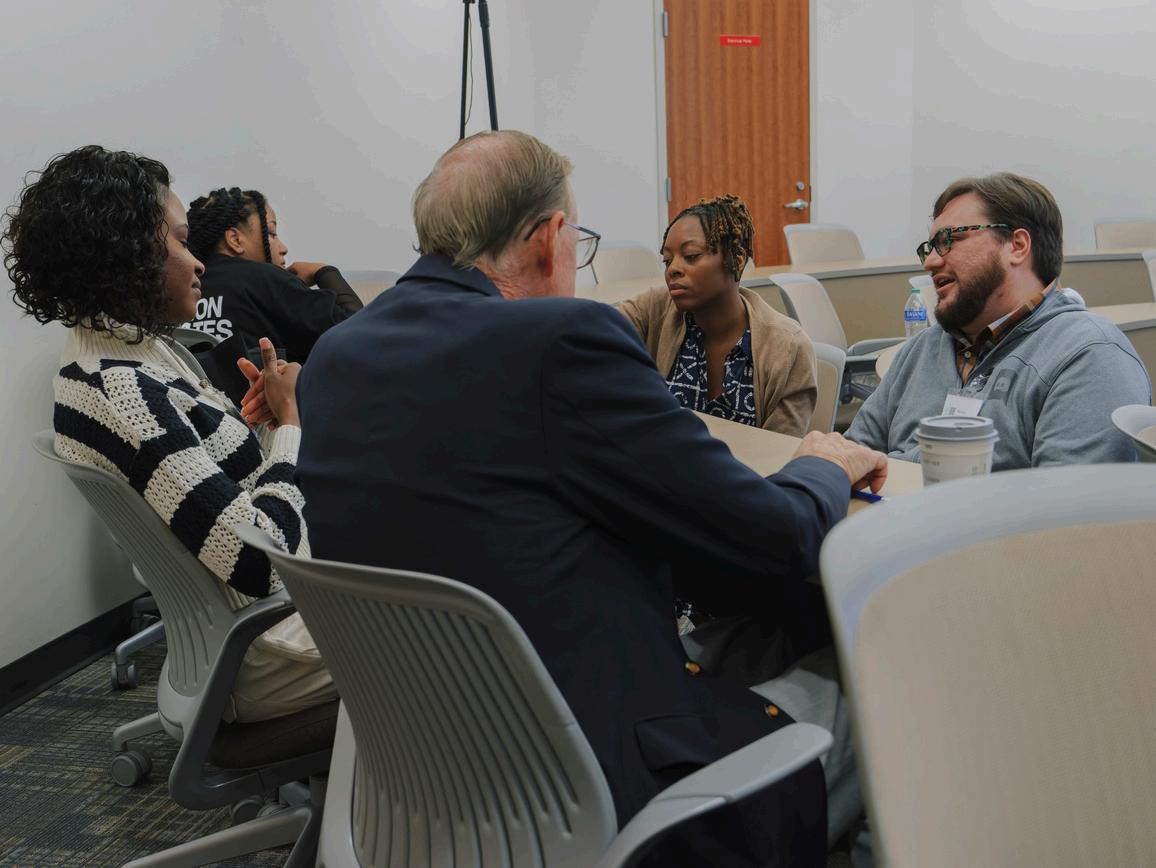
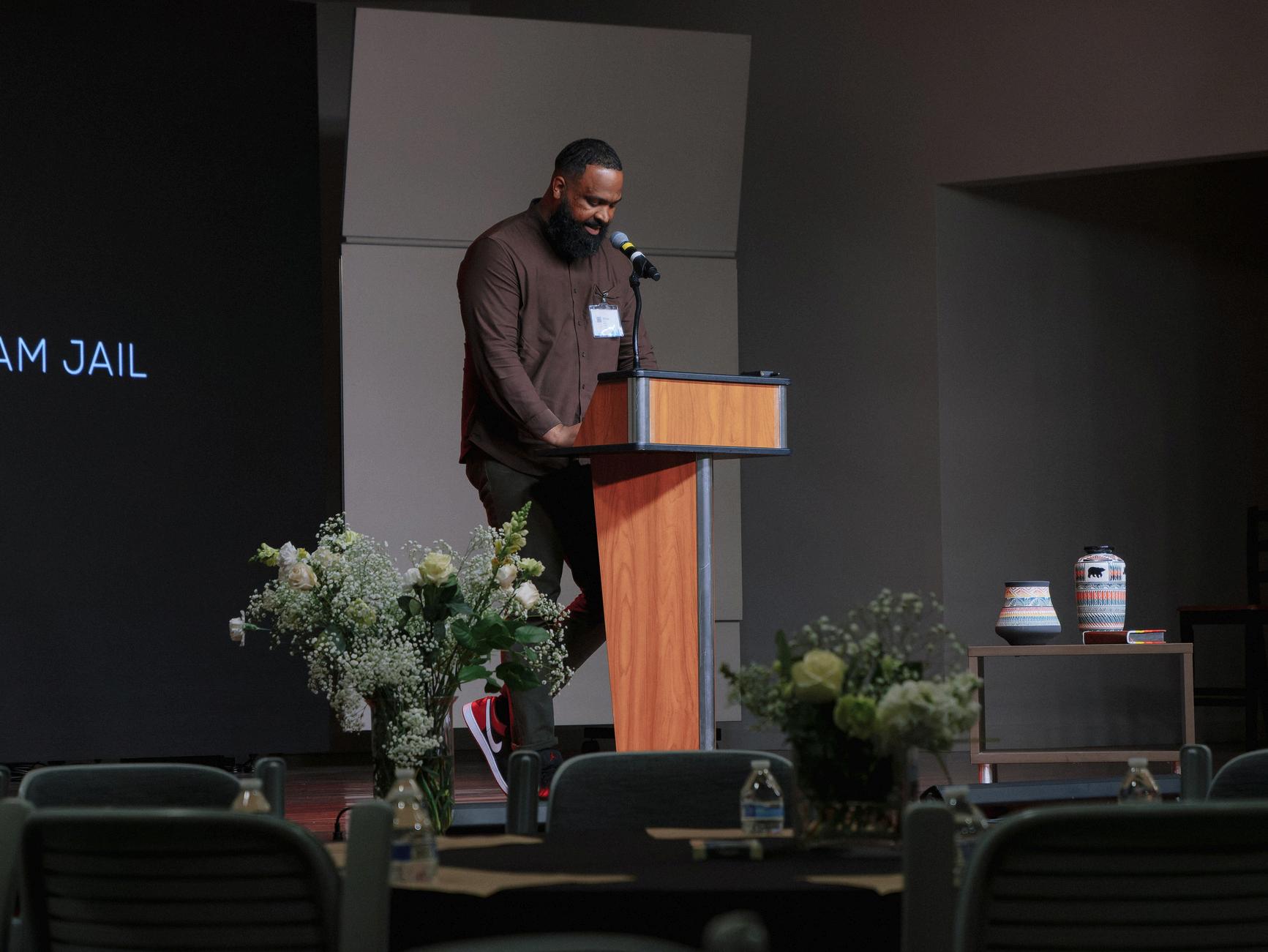
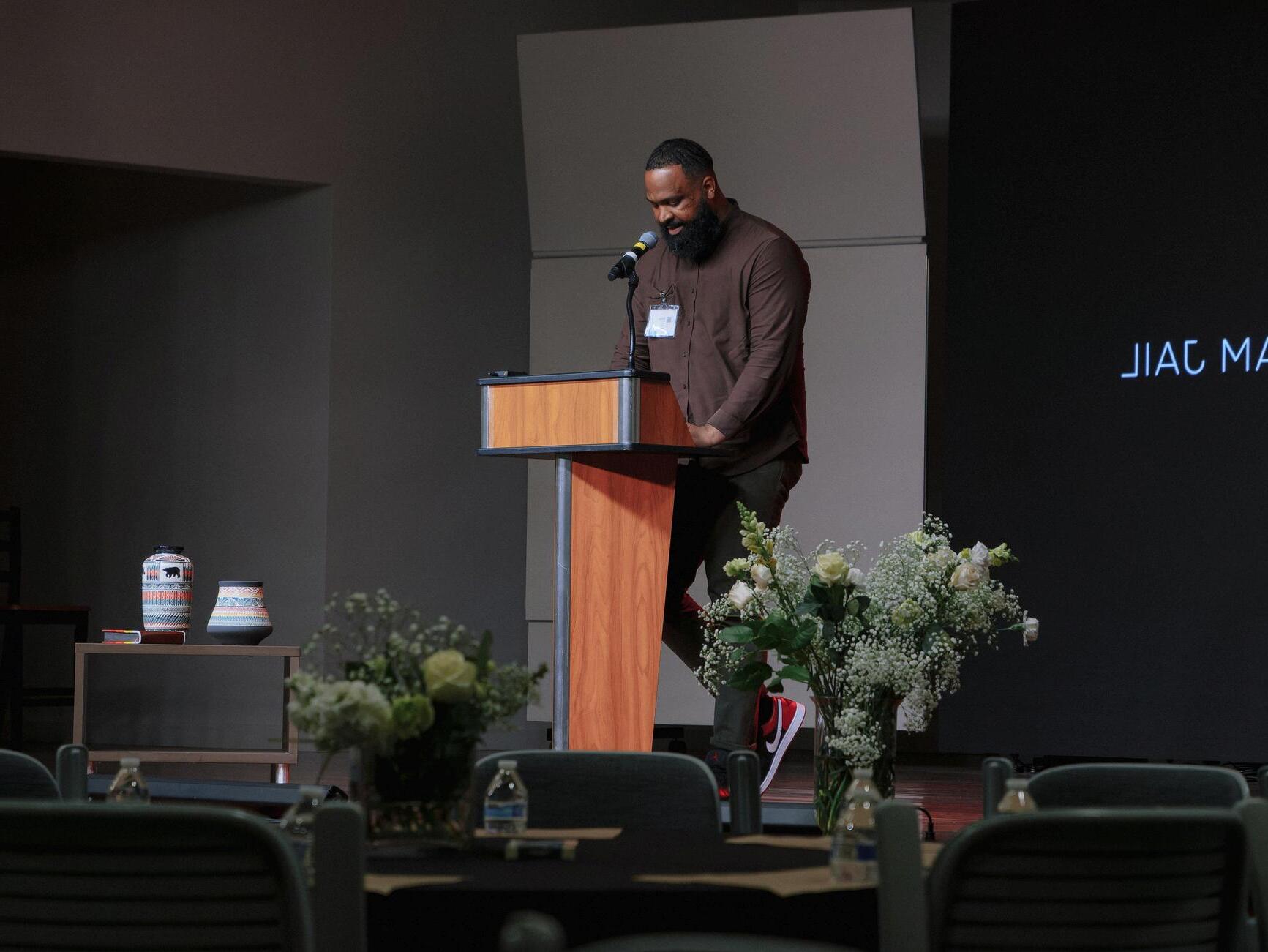
Marginalized groups we most often think of are those whose personal identities place them in juxtaposition to “mainstream” culture. Members of the queer community living in heteronormative society Anyone who identifies as BIPOC navigating a world where whiteness is seen as the “default ” Neurodivergent folks facing constructs of how people “should” think and express themselves. These inborn identities are immutable facets of ourselves. But other more dynamic parts of our identities exist that we choose (or are chosen for us): where we live, our occupation, how we worship. And when we find ourselves separated from these chosen communities, it can be unmooring.
The emotional flux that comes with changing community relationships was the subject of Michael Nixon’s workshop, “The Edge of the Inside.” He invited in-person and online attendees to openly discuss experiences of finding themselves on the margins of communities they were once at the center of
Nixon began by sharing his own journey Raised and educated in one of Adventism’s meccas, Berrien Springs, Michigan, he eventually was called back to work at the campus where he grew up during his father’s tenure as university chaplain Michael served as Andrews’ inaugural VP for Diversity. After 6 years, not only was the VP position dissolved but the new administration made it clear that diversity, equity, and inclusion were no longer prioritized
During the workshop, participants were asked to reflect on times they’ve had to critique their communities by the very values they learned from those communities. A common refrain was that many were taught by Adventism to be critical thinkers who don’t blindly follow leadership, yet paradoxically were negatively labeled for challenging leadership and the status quo.
g margins back into the center.
Christ, too, was pushed to society’s margins.
Make no mistake, the workshop wasn’t a pity party of people commiserating about being excluded. Nixon led attendees to recognize how Christ, too, was pushed to society’s margins that’s where He ministered from! We are also called to “operate from the edge ” Participants considered whose voices are missing from dominant power structures. From there, we were challenged to imagine ways to create our own, more inclusive systems.
Being on the edge of a power structure doesn’t mean we are powerless But harnessing our power requires a realization that we can do so. Moving away from one table can be reframed as an opportunity to form our own. A more expansive table A more welcoming table A more loving table What would your table look like?
–Courtney Ray
People matter ” “Defen 82) “Change the narrative
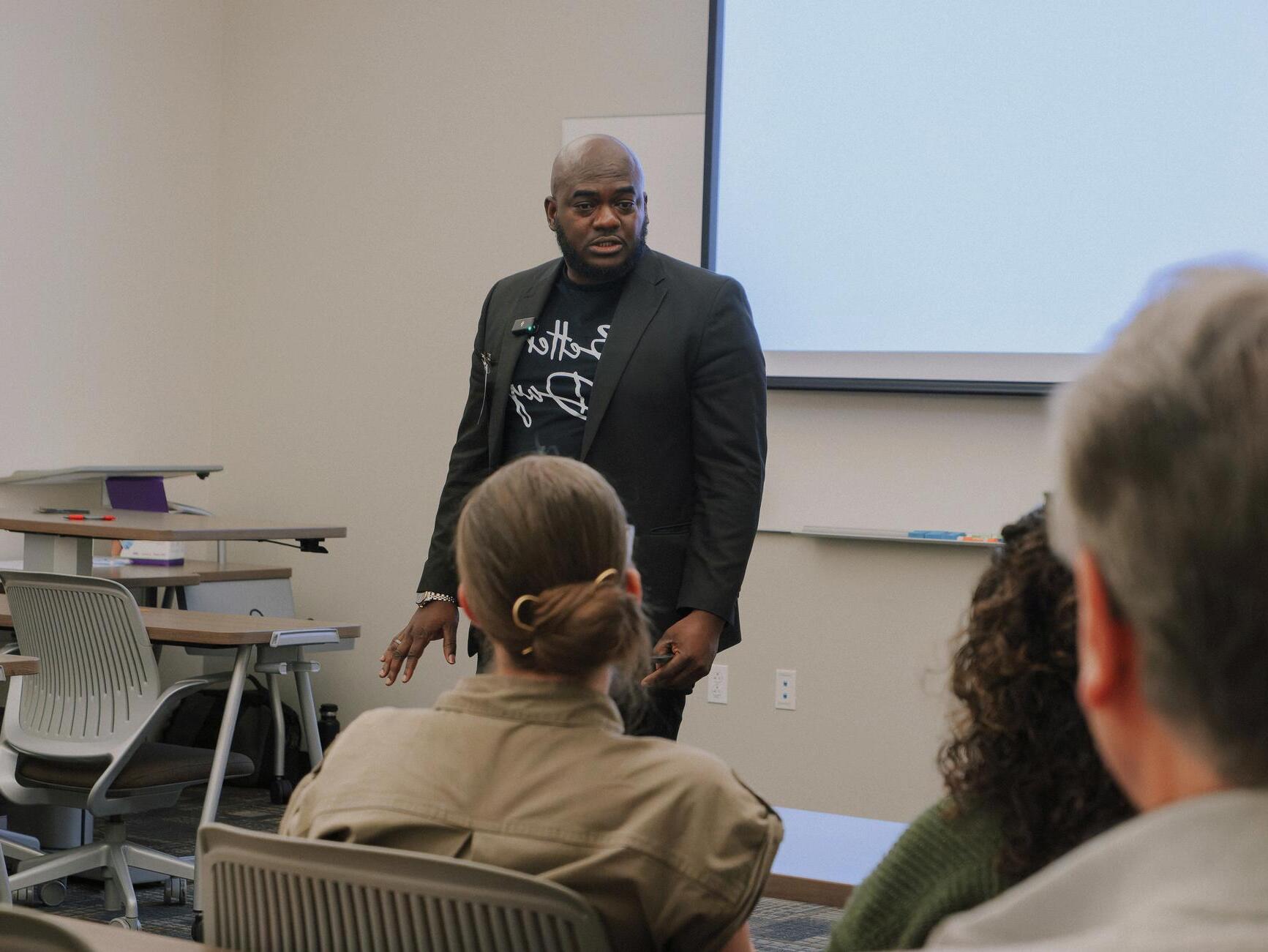
Those themes of the J workshop were deftly pres community organizing vet Claval Hunter brought organizing experience and pastor of the Berean Trans South Bend, Indiana. He lo lines transforming lives,” Center for Community Ch University Hunter recount hall meeting titled “Hope, N described the pretext: “The only place to send someone with mental health was jail.” What was the result of their community organizing? They raised $100 million to create civil response centers and reroute designated 911 calls to mental health professionals.
Charity Individuals Dispenses
Makes available Supplies
Willing to give Justice Systemic Empowers
Makes right Defends
Willing to battle


Charity and justice are both needed, though as Jesus showed in His life and death, justice gets messier Yet a commitment to justice brings attention to the source of problems as NelsonBlake put it, “Go upstream to where the bodies are floating down.”
Geoffrey Nelson-Blake worked as an Adventist pastor and then as a community organizer for 10 years, including faith-based organizing with Christian, Jewish, and Muslim organizers across the United States. As a pastor, he organized with his congregation for a needed stoplight, crosswalk, and left-turn lane for the street in front of his church in San Diego Later, as a professional organizer, he advocated for a homeowner’s bill of rights in California. He told the story of confronting a bank to rescue his friend Gloria from eviction
The presenters also distinguished “power with” from “power over ” Power was described as a neutral currency that may be used for good or “not good.” Often the poor require a redistribution of power. Politics uses people to address issues; community organizing uses issues to develop people
“Those most directly impacted by an issue usually have the best solutions.” This insight brought to mind the Kinship Sabbath School motto, “Nothing about us without us.” Biblical social justice is most effective when we involve others “Action is like oxygen to organizing,” Hunter observed.
The workshop concluded with a Franciscan benediction (see page 34). This blessing, embodying the life and teachings of Jesus, boils down to three themes
People matter. Defend the weak. Change the narrative.
–Chris Blake
Why is it important for us to locate ourselves? It’s important because all of us view the world through a lens. Thus, we must locate and identify ourselves to become aware of the lenses through which we view others The workshop “Building Bridges: Establishing AntiRacist Coalitions,” hosted by Dilys Brooks and Todd Leonard, defined race, racism, anti-racism, the Other, coalition building, and empathy, and then explored their essentialness and application in the present day


After jovial introductions that highlighted each speaker’s diverse identities, Brooks began by introducing Chimamanda Adichie Ngozi’s seminal TED Talk, “The Danger of a Single Story.” Brooks urged workshop attendees to examine what their “single stories” were: what narrow biases and stereotypes informed their understanding of other peoples. Brooks talked about the construct of race and shared how she experienced biases as a Caribbean woman, both toward and from others
One of the steps toward bridge-building is to become curious.
Brooks and Leonard underscored the difference between merely being “not racist” versus actively engaging in anti-racist actions. While “anti-racist” suggests an active, perpetual state, the words “not racist” have often been used to excuse passivity and the perpetuation of deeply flawed systems This apathy is, in itself, an act of racism
Leonard’s personal journey towards antiracism serves as a poignant demonstration of this
distinction It began during his time as a pastor in Glendale, when he first learned about the city’s “sundown town” history. Glendale had originally been constructed as a whites-only community that did not allow people of color in its vicinity “past sundown ” Leonard decided to investigate this history on a deeper level and soon discovered that his church, too, had a history of a similar ideology. Leonard brought these archives to light, dialoguing with the city’s police department, administration, and citizens to create change He grew passionate about repairing the harm that had been perpetuated.
Toward the end of the workshop, the two facilitators spoke about radical empathy. In words borrowed from Isabel Wilkerson, this means “putting in the work to educate oneself and to listen with a humble heart to understand another’s experience from their perspective, not as we imagine we would feel.” Brooks expounded, “I realized I was racist because I wasn’t doing the work of anti-racism [so] I developed a curiosity That’s one of the first steps toward bridgebuilding: to become curious.”
The workshop speakers emphasized how important it is to ask the question of why–to seek answers, do research, and actively and humbly listen to the stories of those who differ from us It is through this approach that one becomes an anti-racist.
–Alannah Tjhatra
Finding common ground at the intersection of food, spirituality, and ecojustice.
Perhaps I should not have been, but I was surprised how much Dr Greg Hoenes’ workshop on “Environmental Care and Activism” was a theological exploration of the topic. That this feels surprising might reflect that theological considerations have felt few and far between in our faith community Yet Adventist faith is a theological project, so to spend time thinking about “Creation care” and “ecotheology” as a potentially unique contribution makes sense and Dr Hoenes’ doctoral studies focused on the intersection of food, spirituality, and ecology/ecojustice.
were made in the 1990s and that our church has not progressed since then
Moving from theology to justice, the discussion focused on how environmental justice points out the ways in which environmental risks and harms are unjustly distributed to already marginalized communities and populations Dr Hoenes lamented the politicization of global warming and concomitant environmental concerns and that the church has largely been complicit with this. In contrast, he read from Revelation 11:16–18, with its warning for those who “destroy the earth ”
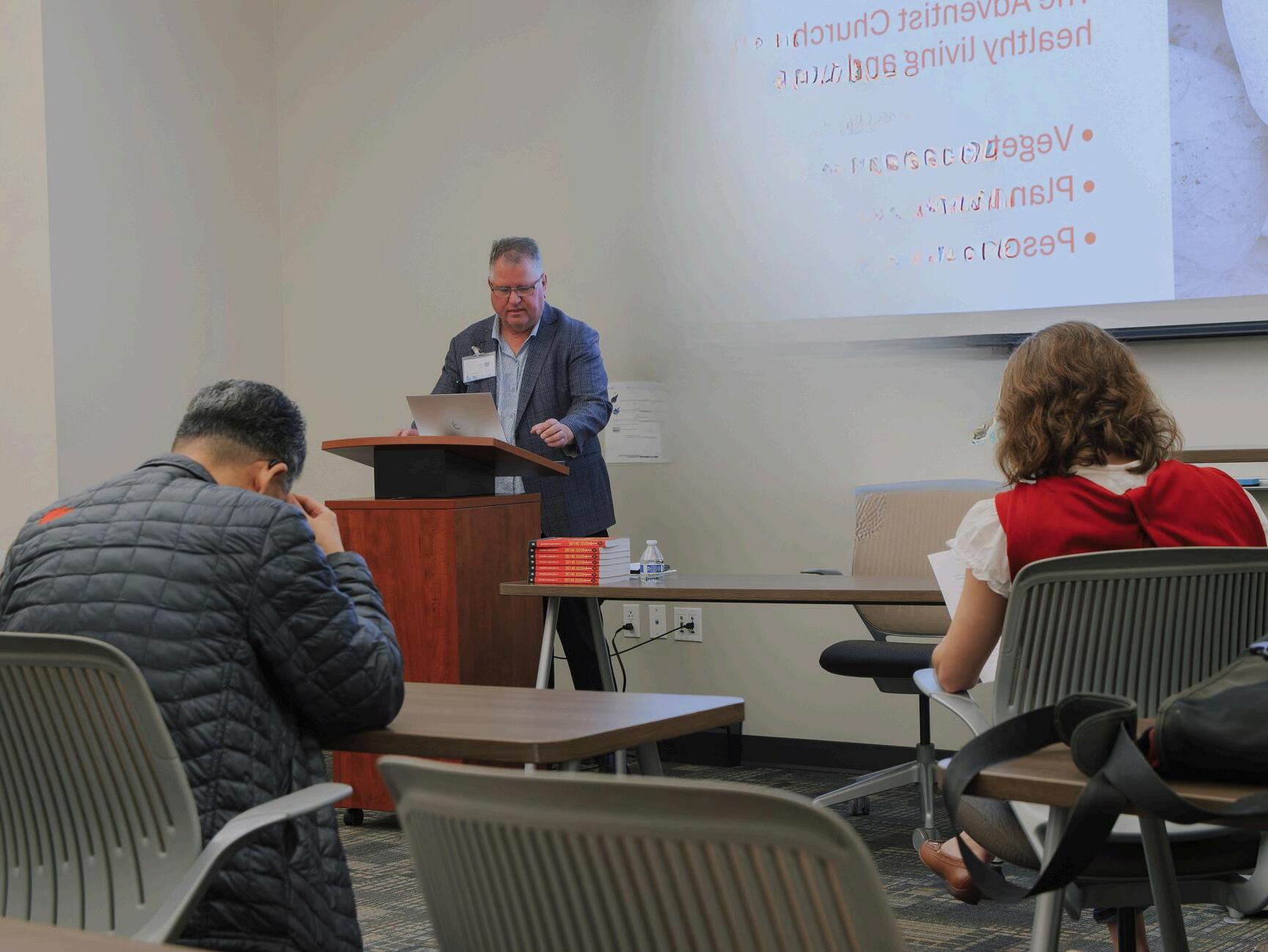

About half of this workshop featured discussion with group members about the barriers to and opportunities for greater environmental concern and activism within the tenets of Adventist theology. Naturally, Creationism was a key driver, but has also been a puzzling blind spot. “It is remarkable how much we give honor to the Creator, but then tend to devalue the creation,” Dr Hoenes commented
Our church has not progressed in our stance since the 1990s.
Among a broad recommended reading list, Dr Hoenes highlighted the work of Jo Ann Davidson and Warren Trenchard as Adventist scholars who have written on these issues He also referred to official Adventist statements on environmental care, climate change, and stewardship that moved in positive directions but pointed out that these
Dr Hoenes lit up the topic when he embarked on discussion of the food industry and production, pointing out that vegetarian diets are far superior to meat eating from an environmental perspective but can still be environmentally problematic in many ways. In short, he called for a more wholistic understanding of both creationism and the Adventist “health message,” which will lead to greater engagement with the larger issues of climate change and environmental degradation, as well as challenging more everyday concerns such as the catering practices at our church potlucks.
He left participants with the challenge of “embracing the world as God has, with an ethic of deep respect and valuation of all peoples, forms of life, and habitats ”
–Nathan Brown
OverAllyship cos takeaway from Facilitated by E Arsenault theo queer women within the Seven Loewen and Ars faith, shared their journeys into their gender and sexual identities. Their stories were sometimes colored with humor and other times with sadness, but they remained compassionate, sincere, and hopeful
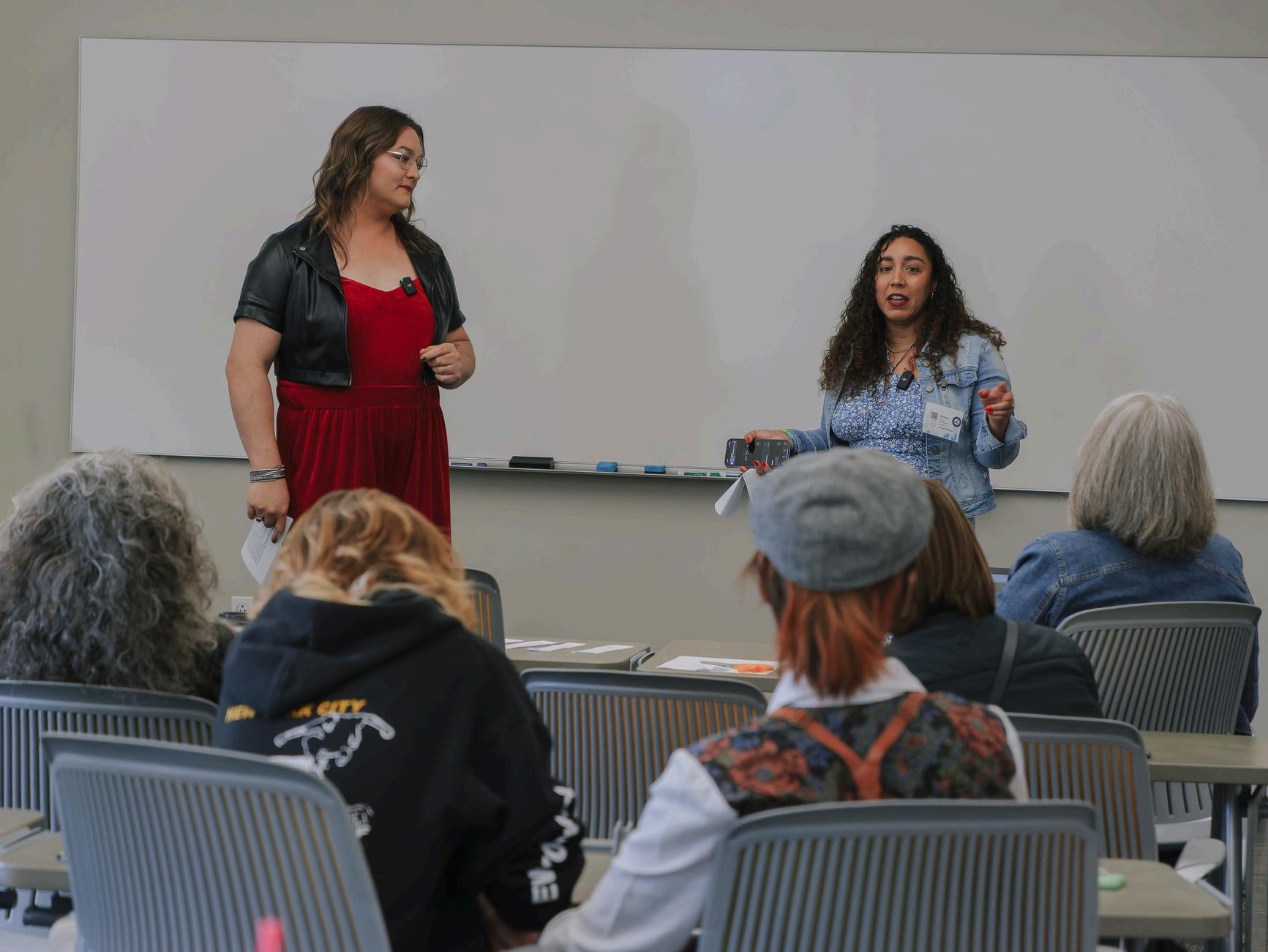


Growing up in eastern Washington near Walla Walla University, transgender visibility was scarce for Esther Loewen For a long time, she hid and sometimes even denied her identity “My awareness of being trans sort of ebbed and flowed,” she said, “but it was something that I knew was not okay. I was incentivised by my community to put aside those thoughts ”
Esther worked as a pastor for twenty years after graduating from WWU. In 2021, she came out publicly to the California conference where she was employed She was not permitted to continue pastoring, and this brought her intense grief over the vocation she loved. But Esther’s choice to live life as herself felt as much a calling as pastoring had, and she unlocked an entirely new joy and relief
and coming face-to-face with the church’s stance. This jolting encounter, for a time, led her toward mainstream, heteronormative ideals
“I allowed myself to lean into the side [of my sexuality] that was acceptable,” said Kendra She also added that this meant leaning away from Black identity: “Mainstream Adventist theology does not take into consideration Black theology, and it causes a sense of self-erasure ” It took eight years for Kendra to realize that, like David, the garments imposed on her did not fit. She instead learned to embrace her bisexual and Black identities Acknowledging her journey, she expressed, “I hold so much gratitude for the divine wins that always take me where I need to be ”
Throughout the workshop, the two hosts shared ways that one could practice this allyship–including urging one’s church to clarify its policy on LGBTQ persons, using one’s privilege to give voice to the oppressed, and validating queer experiences. Though coming out as an ally can be a challenging process, challenge also means growth. Through active allyship, Kendra and Esther believe that we may one day create an inclusive and just church
–Alannah Tjhatrah
Pulseaskedtwocorrespondentstoreport theirseparatetakesonthisworkshop.
Anxious air filled the room as two former employees of the Adventist church courageously stood in front of a room full of Adventists for the first time since their forced exit. They hoped that the truth of their stories might outweigh their fears. The hard truths poured out Coming out is costly Even LGBT allies pay a price Queer people should expect to experience injustice at Adventist institutions. Gender and orientation are not a choice. Yet hope also brewed Fulfillment is around the corner Joy will come
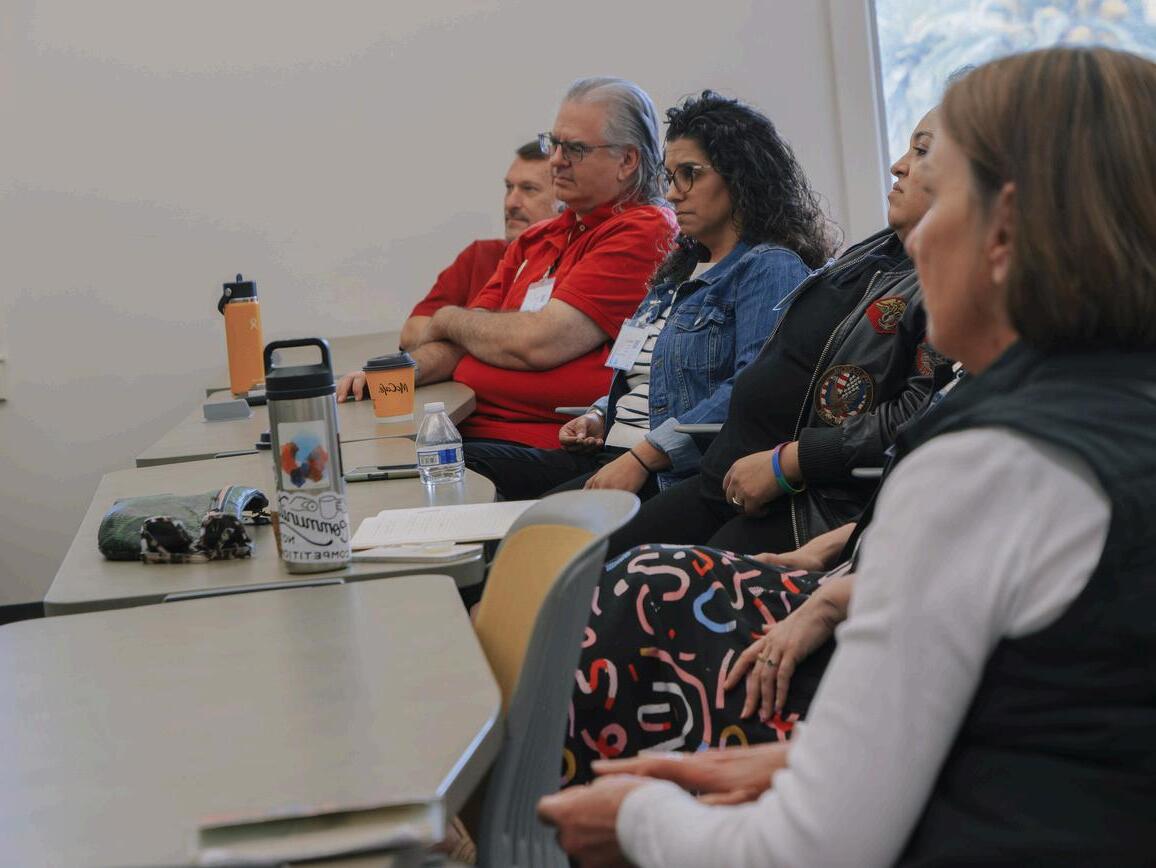
effective as a decedent care specialist for Stanford health care

After living life as a male, and pastoring for sixteen years, the senior pastor of the Redlands Adventist church became increasingly uncomfortable with pretending to live as someone she wasn’t, to the point of deep depression Through agonizing personal therapy Esther Loewen finally decided to come out as a M to F Trans. She was honest with conference leadership, hoping they could find another place in ministry for her. The answer was clear There was no place in Adventist ministry for a trans person Yet her coming out has been a new birth, opening paths for deeper joy and her calling as a marriage and family therapist.
As an M Div student at SDATS, Kendra Arsenault produced a progressive podcast for the Adventist Learning Community. In a series discussing issues surrounding LGBT, trolls found the podcast and attacked her guests In her desire to be a hospitable host, she took the opportunity to stand with them and revealed her own bisexual identity. She immediately lost her job and the door to future employment by the Adventist Church was slammed shut While she continues to carry the loss, her new authentic life has brought her great joy, and she is engaged to be married to a woman. Her experience with personal loss has prepared her to me more
Through these brave stories, potential LGBT allies were faced with challenges such as: Believe LGBT people when they say that orientation and gender are not a choice. Help queer people recognize that they will not be entirely welcomed and included into every aspect of Adventist churches
If allies go public about their support for queer people, allies should keep their resumes up to date because they might come in handy.

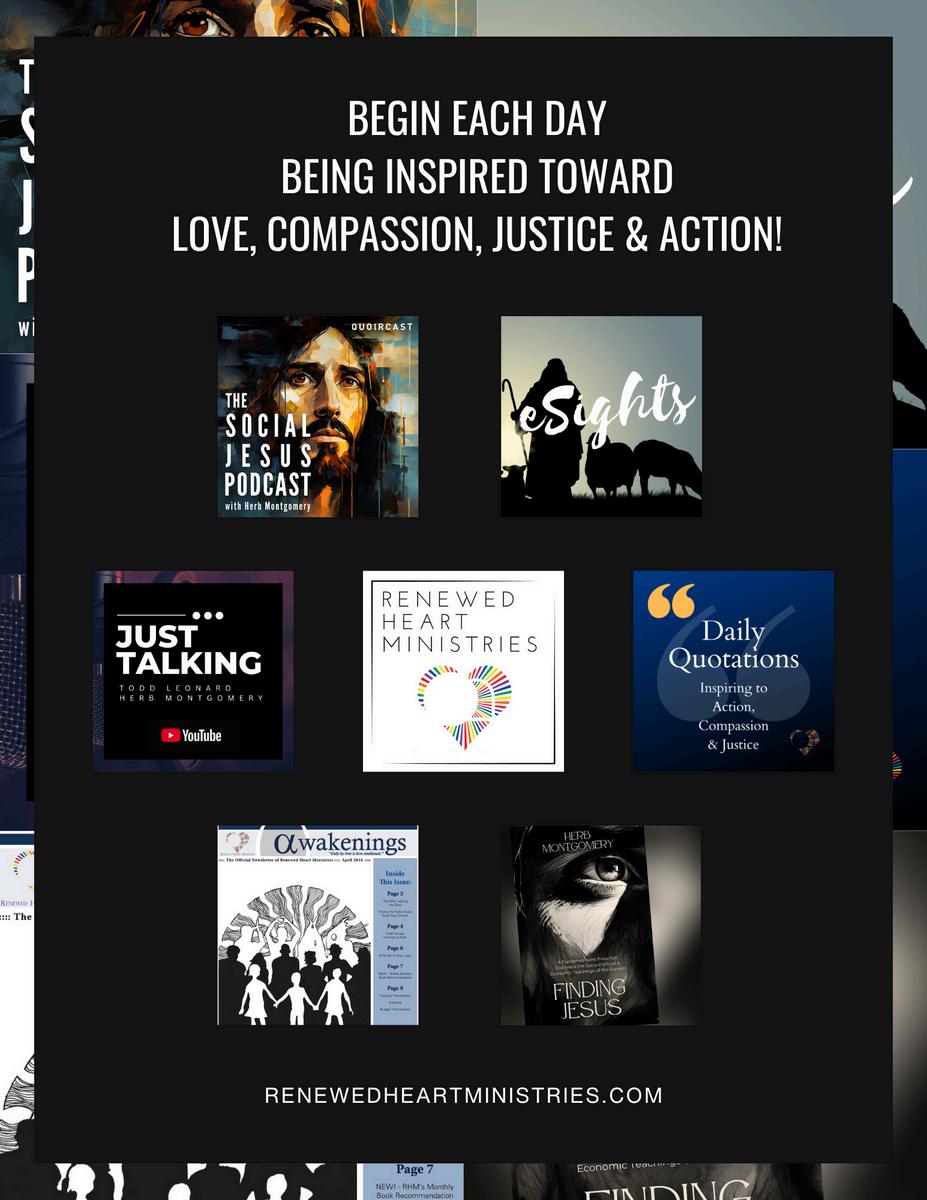

Being present online can be a helpful tool for Adventist activists.
Over half a million people follow Garrison Hayes on social media His consciousnessraising, deeply researched videos on social issues have been viewed more than six million times A film production graduate of Southern Adventist University, Hayes has an MDiv from the Seventh-day Adventist Theological Seminary at Andrews University.
Those stats are already dated because they are according to the press release when he was hired by perennial award-winning progressive nonprofit magazine Mother Jones earlier this year. His name, and legendary environmentalist Bill McKibbon’s, are already listed together for awards in 2024.
A week before he will receive hardware as Best Creator at the 2024 Webby Awards for storytelling that contextualizes contemporary concerns with historical causes, Hayes preached a powerful sermon illustrating the position of privilege and then presented a workshop for the JustLove Collective Summit on “communicating for change through short-form video.”
Just a minute or two of content can hold eyeballs.
how to create just a minute or two of content that holds eyeballs Of course it needs a hook to grab attention, but revealing his own scholarshiphungry mind, he emphasized the need to add contextual-relevance and valuable information
In this world wide web-connected attention economy, Hayes explained several ways to hook an audience. With a few TikTok examples he showed how asking questions, making controversial (or counterfactual conditional) statements, and using emotionally powerful words help In some rules that could radically improve all communication, particularly Adventist homilies, Hayes encouraged focusing on one issue at a time. “Niche is your friend,” he stated. He also recommended against sweeping audience generalizations Better to frame communication as if speaking directly to an audience of one. Hayes’s final recommendations included “repetition without redundancy” and checking your facts before going public
In our current state of denominational media where televangelists scam their viewers and the Hope Channel gets a few views of its expensive ersatz-TV shows, Hayes generously offered a few key DIY ideas for reframing Adventist media But perhaps his rules are not so esoteric At the core his message seemed familiar let your little light shine as a witness in this world to help others envision a better one.
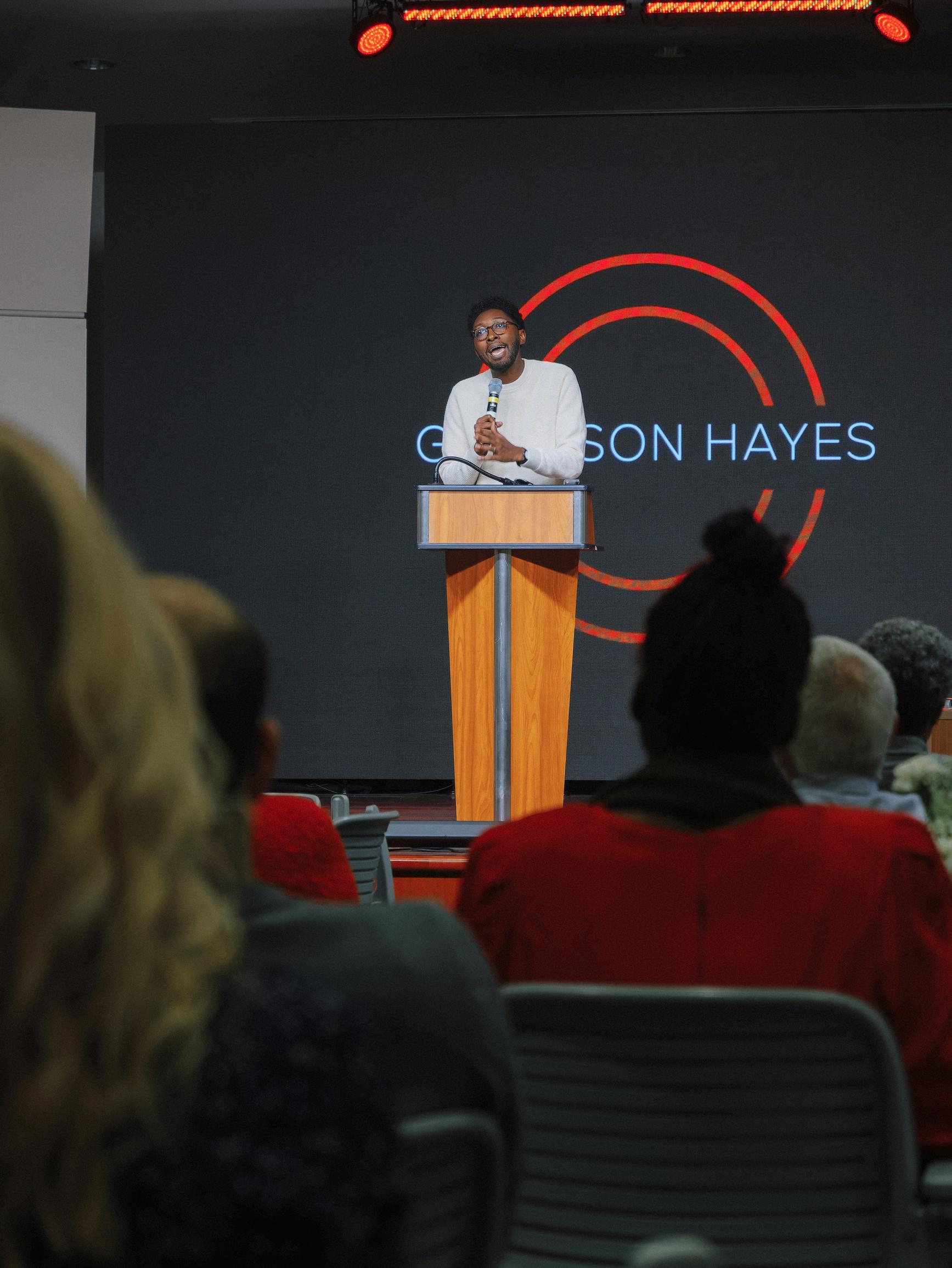
In his “Digital Tools for Social Justice” session that I attended, Hayes explained why being present online is a helpful tool for Adventist activists, in part because of its accessibility, scalability, and the need to combat all the “trash” out there

–Alexander Carpenter
Sounding like the pastor he has been as well, Hayes reminded us that people are hungry for the truth. With clearly-structured how-to slides, he


As much as the community needs us, we need the community.
It is a privilege to listen to presenters who obviously draw on a depth of thinking, study, and practice with that sense that in the confines of a single workshop session they can share only a small portion of their wisdom and experience even better when it comes not only from head, but also from the heart Such was the sense of sitting in the workshop with Dr J C Belliard, Director of the Institute for Community Partnerships at Loma Linda University Health
His presentation began with asking how relevant our supposed service is to the communities in which we live and work. Drawing on his experience of running for city council spoiler: he was not elected Dr Belliard gave examples of door knocking in Loma Linda and encountering people literally across the street from Loma Linda University Church who knew little about either the church or the university. Responding to this observation, he quoted lawyer and justice activist Bryan Stevenson in suggesting a solution: “If you are willing to get closer to people who are suffering, you have the power to change the world.” Building relationships offers the possibility of mutual support “As much as the community needs us, we need the community,” said Dr Belliard, speaking first of his work at Loma Linda University but applying this by analogy to the Adventist church.
community development begins with the gifts of people and their capacity to organize to create the world they want to see.”
As a practical example, Dr Belliard asked participants in the room to ask each other about the skills they might bring to the group, thus briefly assessing the gifts and potential power of the people in the room together.
Community needs assessments emphasize brokenness of communities.

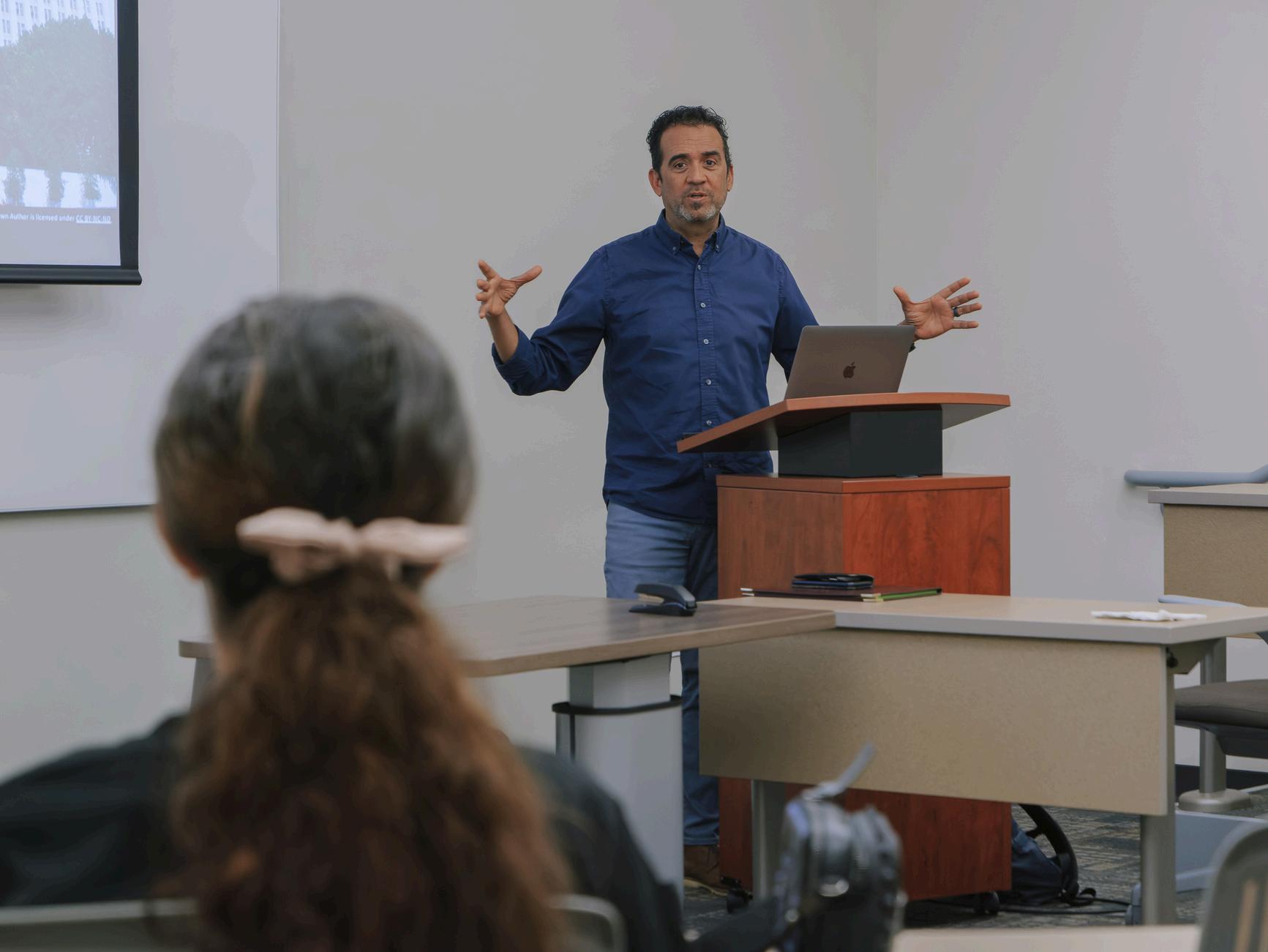
The workshop then walked through several community assessment tools, including Asset Mapping, Social Vulnerability Index, Social Determinants of Health, the Vital Conditions Framework, and Human Development Index each offering insights for community understanding, engagement, and response
In the past, would-be helpers often with some kind of “savior” mentality have conducted community needs assessments, which have inevitably found many needs and emphasized brokenness of communities. But Dr Belliard urged the more positive approach of asset-based community development (ABCD), drawing on the work of Professor Dr McKnight. According to the ABCD Institute, “Asset-based
Dr Belliard encouraged participants to work for equity by identifying the locations and communities that need particular attention and engagement, and working for long-term change “We can’t urgent-service our way to thriving,” he commented.
–Nathan Brown
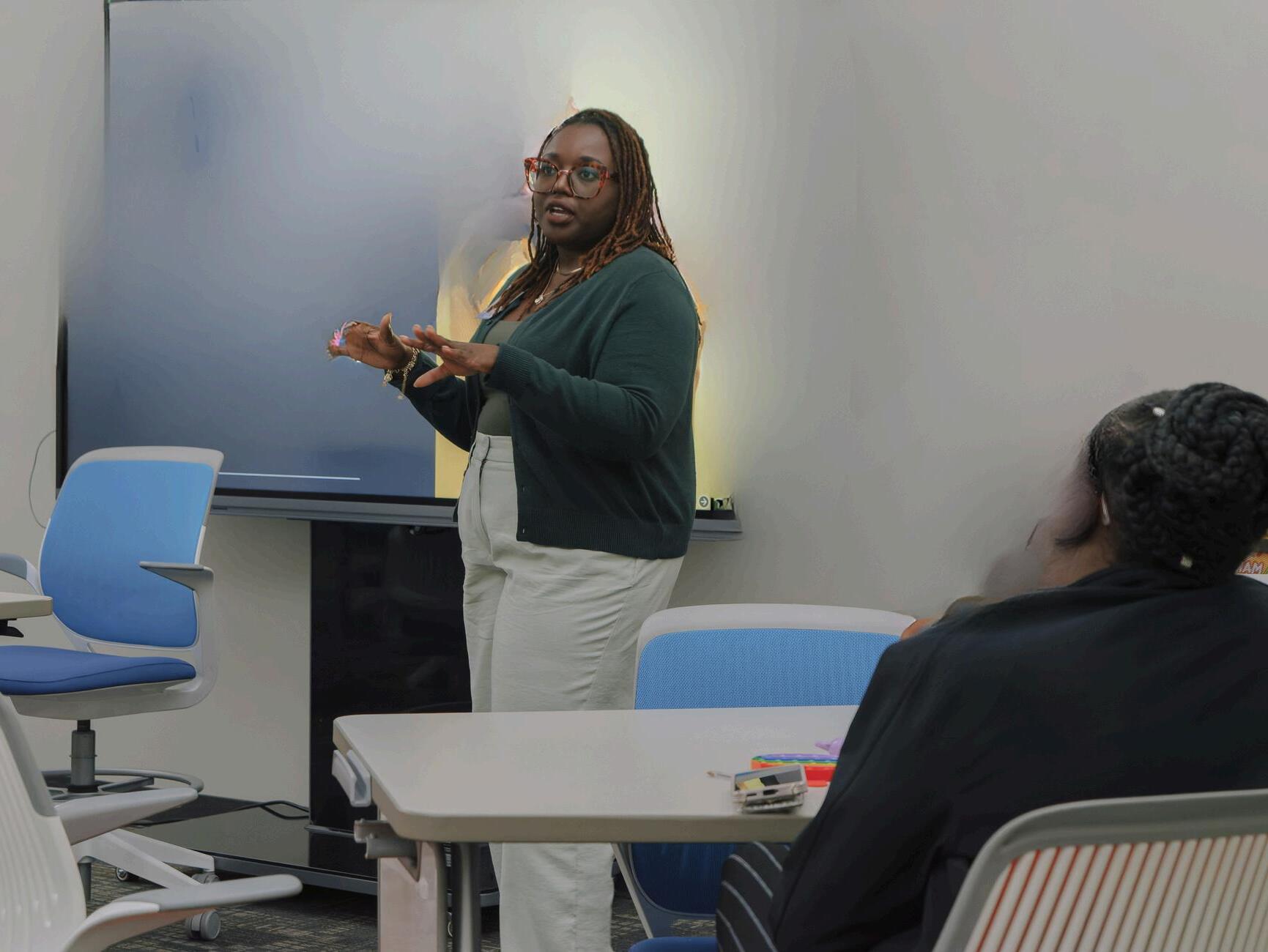

Attendees to Dr Sandra Banjoke’s workshop entered the room to an immediate environment shift: the lights were slightly dimmed, an oil diffuser puffed away distributing calming essential oils, and the soft glow of a candle emanated from the center of the space
Banjoke opened the workshop by asking participants to anonymously share any symptoms of burn-out they may be currently experiencing. As she read aloud the symptoms, she discussed how common these experiences are among individuals who engage in justice work regularly.

Repeated exposure to the suffering of others can lead to exhaustion.
Submitting that many Christian social justice activists feel “burnt out, burnt with, and burnt down for the kingdom,” Banjoke explained that repeated exposure to the pain and suffering of others leads to emotional, physical, and spiritual exhaustion–a condition commonly known as “compassion fatigue ” She pointed out that many Christians who advocate for justice issues in their personal and professional lives feel a theological compulsion to sacrifice their own mental health for the sake of others, and that this mindset is often reinforced by cultural views and expectations within the church
A healthier way, Banjoke proposes, is to follow the rhythm embodied by Jesus Christ
during His ministry on Earth, as documented in the Gospels Summing up His style as balancing “abstinence and engagement,” she discussed ways He utilized inward, outward, and corporate disciplines to keep himself physically, emotionally, and spiritually healthy Inwardly, Christ practiced meditation, prayer, fasting and study of the Scriptures. Outwardly he practiced simplicity, solitude, submission, and service. Lastly, he practiced corporate disciplines through confession, worship, guidance, and celebration She analyzed various self-care practices and explained that effective practices must go far beyond an occasional spa day or expensive vacation, as social media has popularized. Instead, with genuine self care we are loving ourselves as God loves us through intentional joyful movement, prioritizing rest and healthy eating, self-reflection, prayer, and corporate worship. She emphasized the importance of creating a holistic self-care plan
Banjoke concluded the workshop with a final statement for attendees and to all Christian social justice activists: “We are God’s instruments for change, but even the strongest tools need tending. Self-care is how we honor God’s work in us ”
–Marci CoreaMAY GOD BLESS YOU with discomfort, at easy answers, half-truths, and superficial relationships so that you may live deep within your heart.
May God bless you with anger at injustice, oppression, and exploitation of people, so that you may work for justice, freedom, and peace
May God bless you with tears, to shed for those who suffer pain, rejection, hunger, and war, so that you may reach out your hand to comfort them and to turn their pain to joy
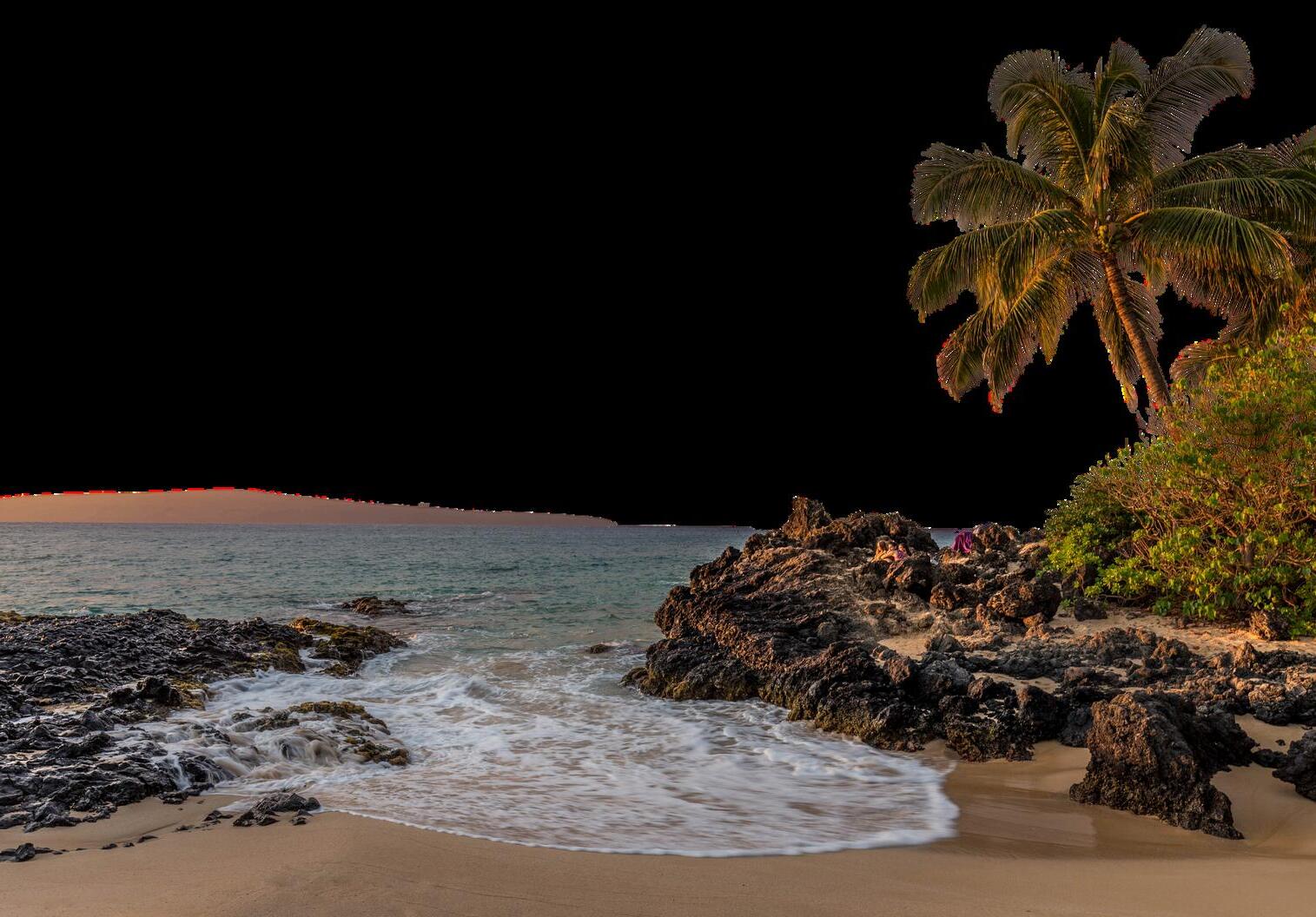
And may God bless you with enough foolishness to believe that you can make a difference in the world, so that you can do what others claim cannot be done, to bring justice and kindness to all our children and the poor Amen
Before the JustLove conference, I found myself trying to ignite the fire I once felt for the Adventist church. Hearing the speakers talk about justice, advocacy, change, reform, and helping those in the margins, was the fire that I needed to ignite my love for this church again.
–Jen Silva
Experiencing the JustLove Summit was above and beyond what I could have imagined Enjoying fellowship with other believers in Jesus who, like me, choose to embrace the Isaiah 58 message of Love and Justice was life-changing. I needed it I felt heard, seen, and empowered, and I made friends for life. Thank you, JustLove Collective.
–Lionel Nykaya
I hope you’re able to feel accomplishment, contentment, and gratitude for the success of the weekend. As one friend said about the space you created, “These are my people” I feel the same. It was a soul-nourishing weekend for so many of us.
–Geoffrey Nelson-Blake
I listened to the Adventist Peace Radio podcast about JustLove Collective and finally got time to crack open Pulse. Still reading through it but it is very impressive! The broad subjects and sources really resonate with the actual life we live. Recognizing God and spirituality outside beyond church is a refreshing break from cloistered Adventism Well done!
Brian Starr
I’m so thankful for the work that you are doing This is the Adventist Church that I have hoped for for a long time. I would love to see your vision grow to be a much larger part of the church Anonymous
JustLove gives me hope to see other like-minded people trying to make a difference. Thank you, gracias, keep up the good work, and let’s stay in touch to network and support one another Alix CaDavid
Great event - even from afar! Thank you, thank you, thank you!!!
Carolyn Baltazar
I think a lot about how to challenge a globally governed institution like the SDA church, especially on global delegate-voted issues such as women’s ordination It seems like local churches and collaborative efforts like this one are the most potent forms of power.
Michael Swenson
I love the opportunity to think about things that I probably wouldn't have had I not been in this space today. It gives me a barometer of where I think I am when it comes to creating change and being a truth teller I look forward to being part of the Collective, and I will definitely be supporting you with my finances, and I encourage us all to do the same
Sheila Frazier
As we launch, we are particularly grateful for every contribution to JustLove Collective. Donations are tax-deductible. Though we are a global movement of volunteers, we do need to pay for expenses related to this magazine and to the Summit For more information, please see our website at justlovecollective org
Norma and Richard Osborn
Something Else Sabbath School Anonymous Yolanda and Chris Blake
Jill and Greg Hoenes
Julie and Ty McSorley
Elizabeth Rodacker and Ed Borgens
SDA Kinship International
Adela and Arpad Soo Harry Banks Eileen and Dave Gemmel



